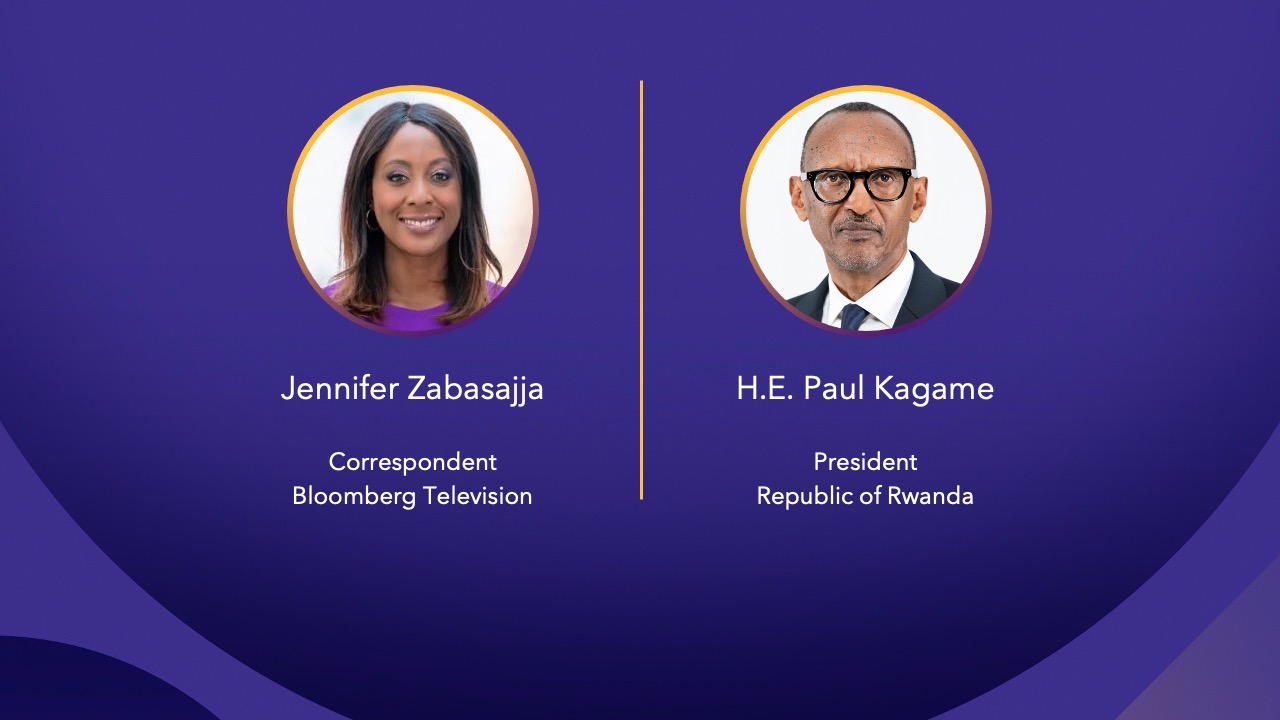

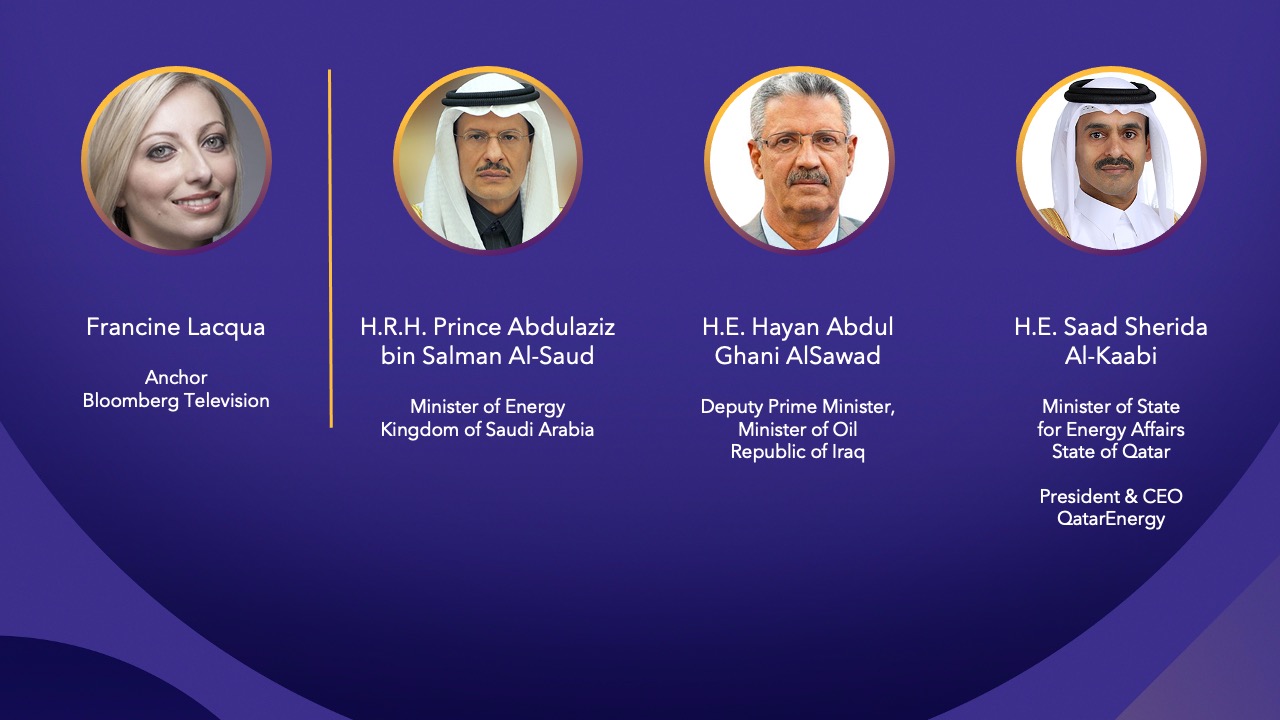
Some of the world’s most influential energy ministers offer their unique insights into what’s next for global energy supplies and demand.

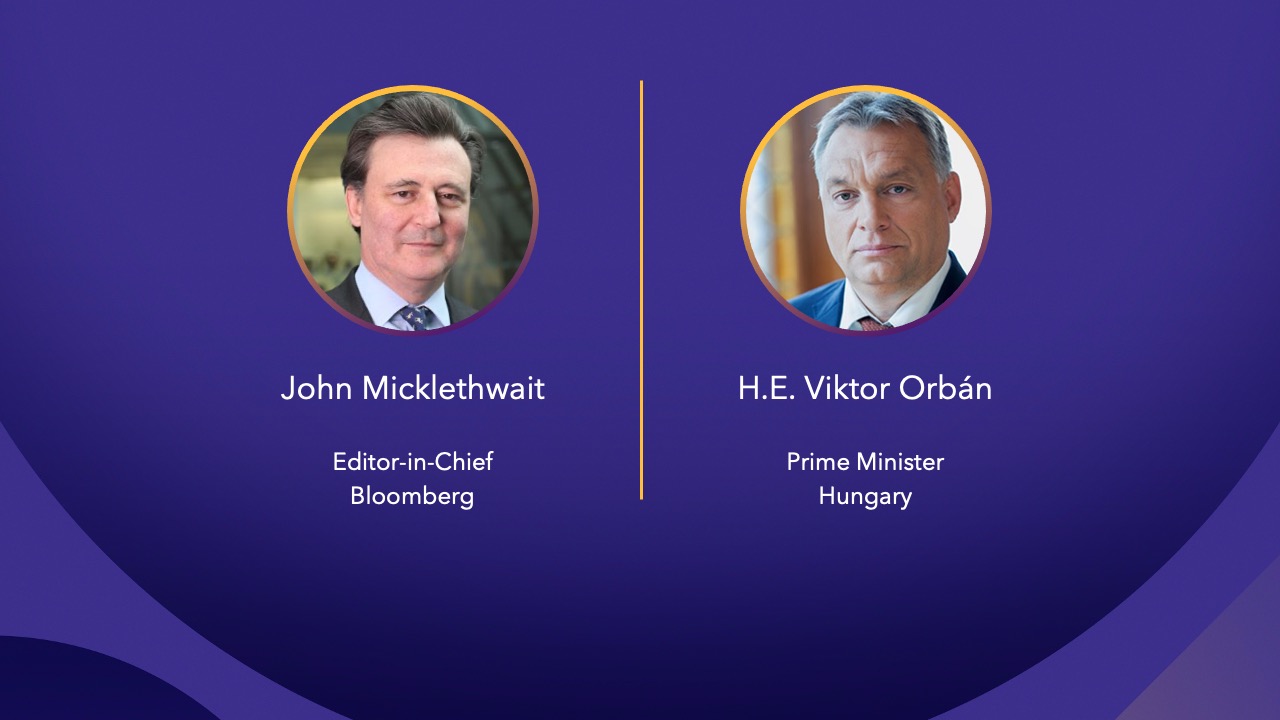

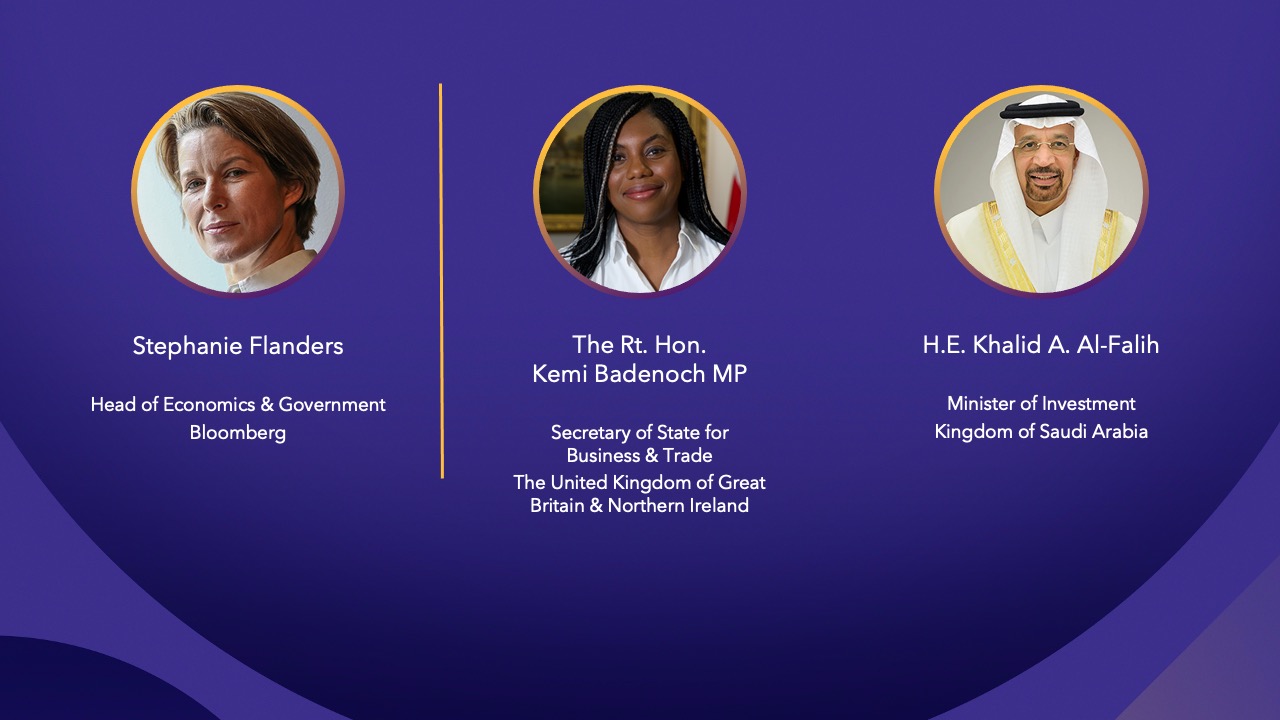
The global trading system is undergoing tectonic shifts that will reorient international supply chains for decades to come. We get the latest from influential Ministers and find out how they are positioning their economies in a competitive global business landscape.

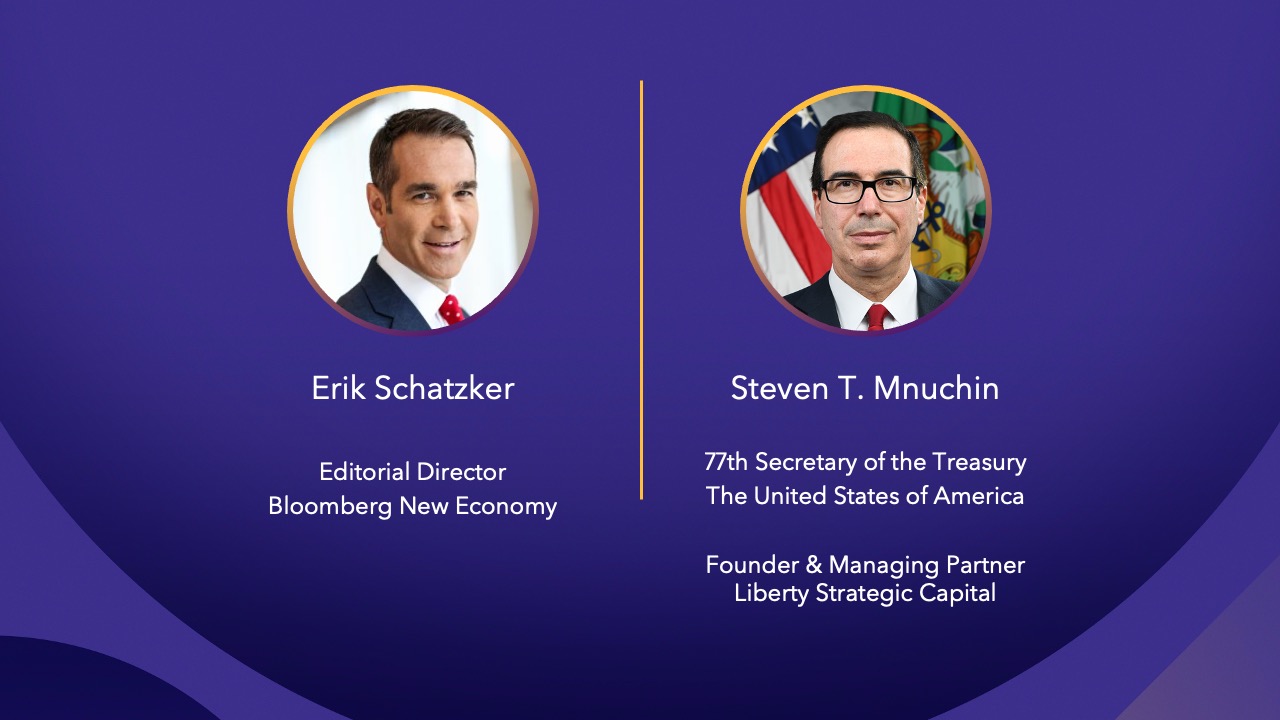
Next, we'll take up the question of America's role on the global stage. While the US leads the global fight against inflation, the allied response to Russia's invasion of Ukraine and the effort to keep China from misusing Western technology, its resolve is being tested at home. The US banking system is fragile, its politics are more polarized than ever and isolationism is gaining traction.

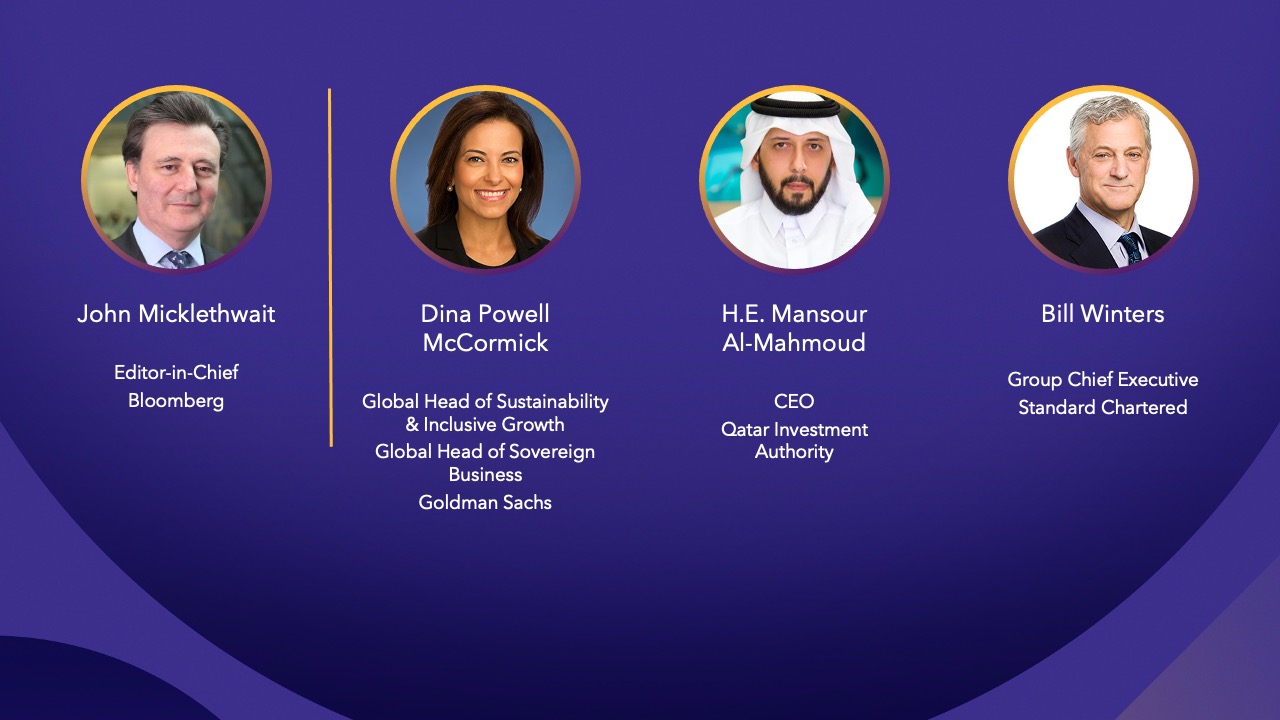
With economic headwinds on the horizon, investors and corporate executives are redefining their investment strategies to achieve long-term value. In this session, the leading names in finance share how they are identifying areas for transformation, innovation and sustainable growth.

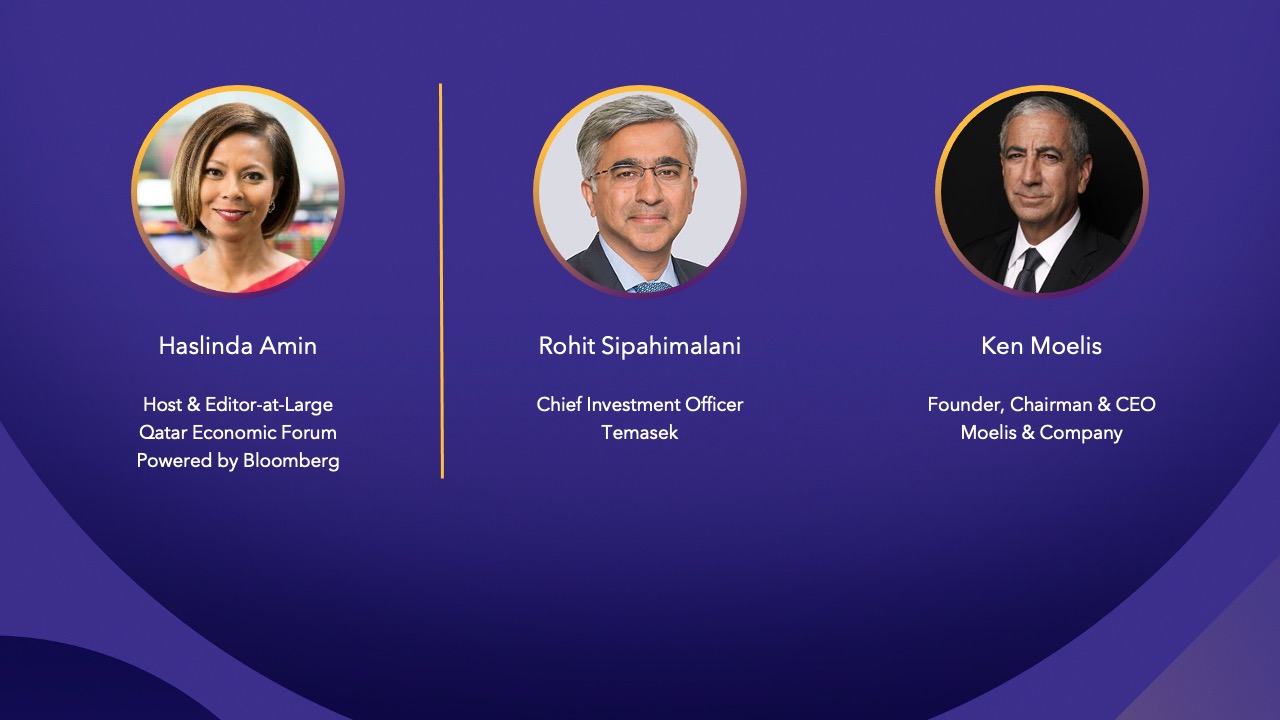
Sticky inflation, banking failures and recession worries are just some of the factors impacting portfolio strategies, M&A activity and IPOs this year. Yet dealmaking and capital deployment are humming along in the face of those pressures. Our experts discuss the trends, sectors and risks on their radar.

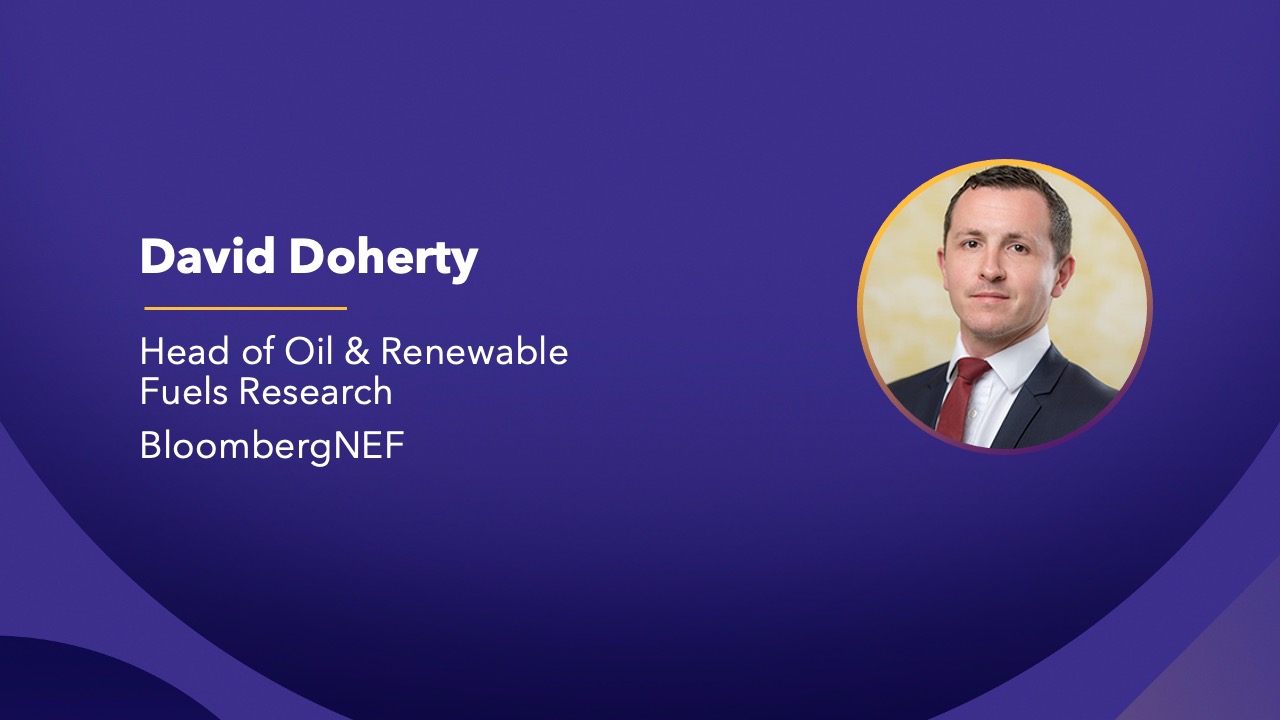
As the world precariously balances energy security, sustainability and affordability, the future energy economy could take many shapes. BloombergNEF highlights the opportunities new technologies will provide in the new energy economy, and the role traditional energy sources can play.

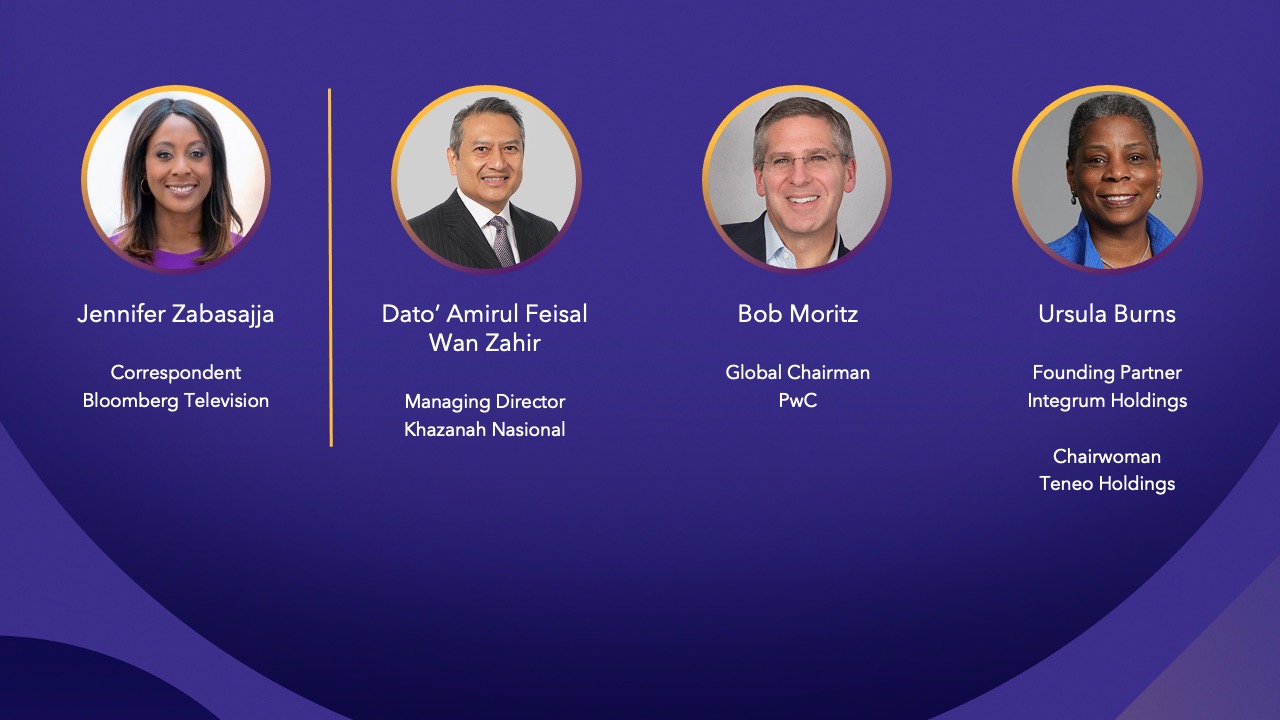
How do we achieve a profitable, equitable transition to a low carbon economy? In this session, we’ll discuss the future of green business, and the quickly evolving landscape of standards, targets, technologies and investments working to achieve net zero.


Peter Chernin is one of the most powerful figures at the intersection of content, technology and business. He’ll debate the future of cinema, the boom in streaming audio and video, immersive sports and gaming experiences, the dawn of web3 and the metaverse, and much more.
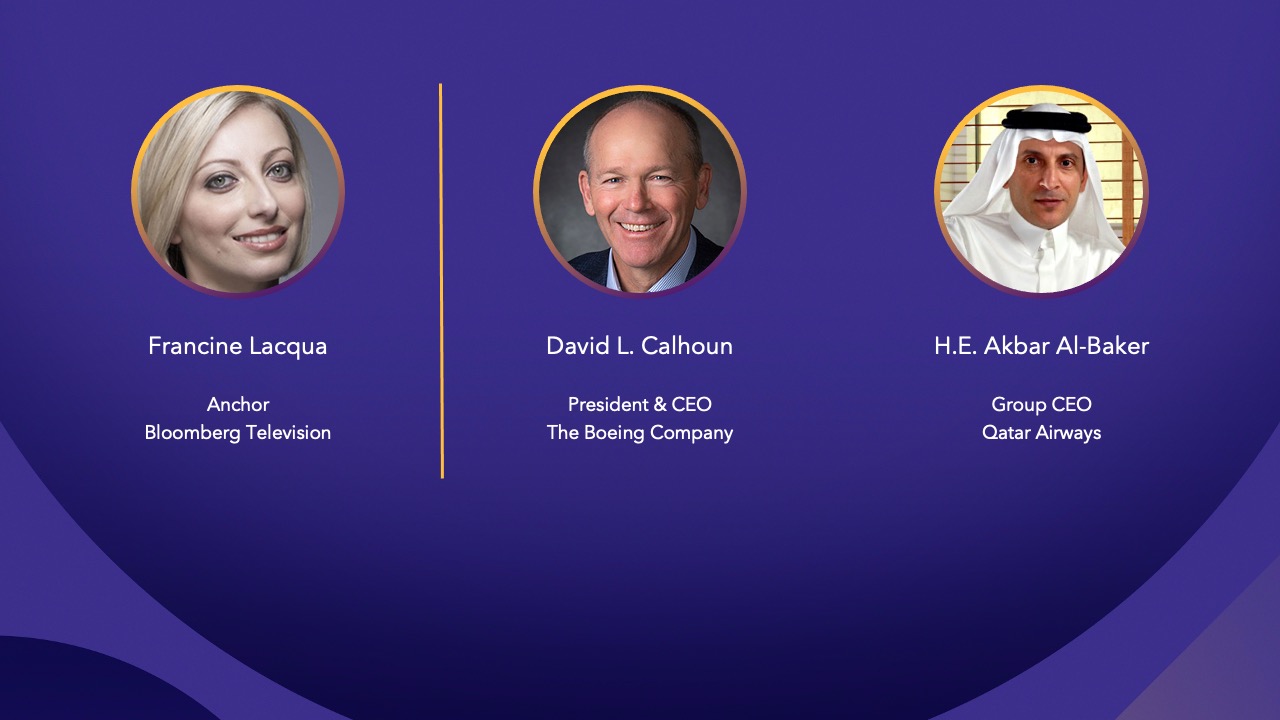
Bellwether aviation executives discuss how they are navigating the post-Covid world, creating a more sustainable industry, and keeping revenues and profits sky high.

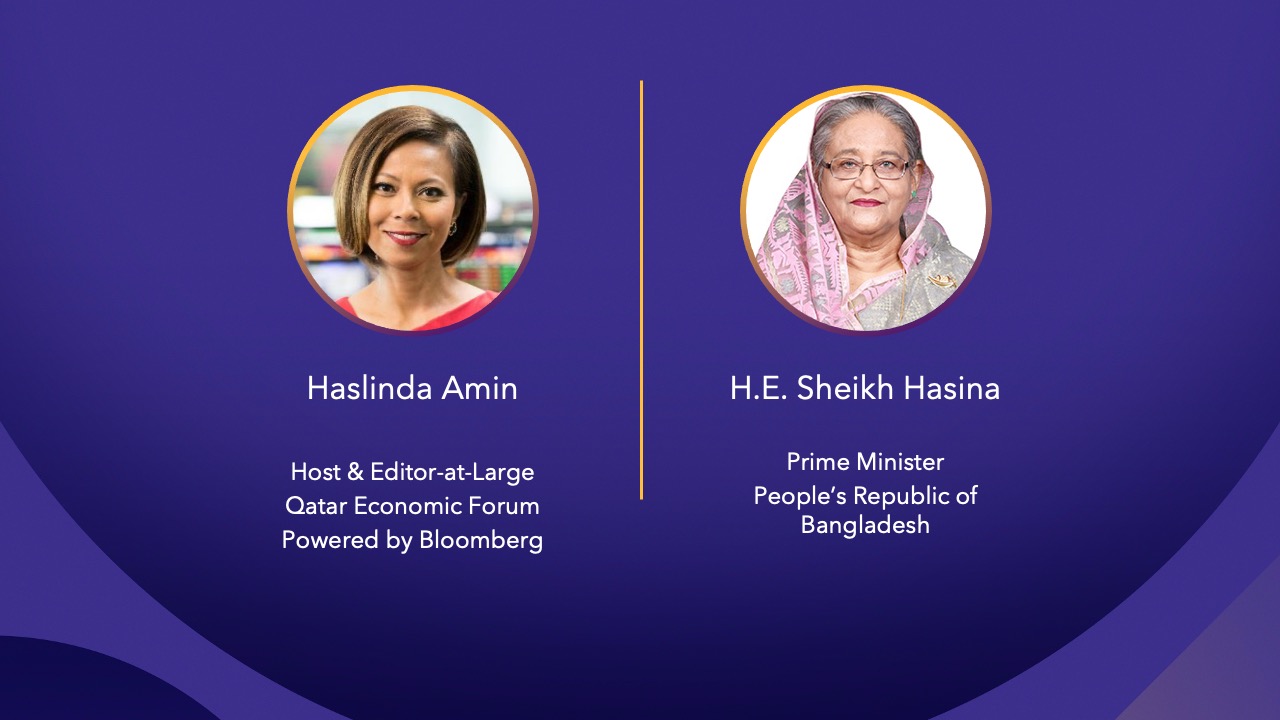

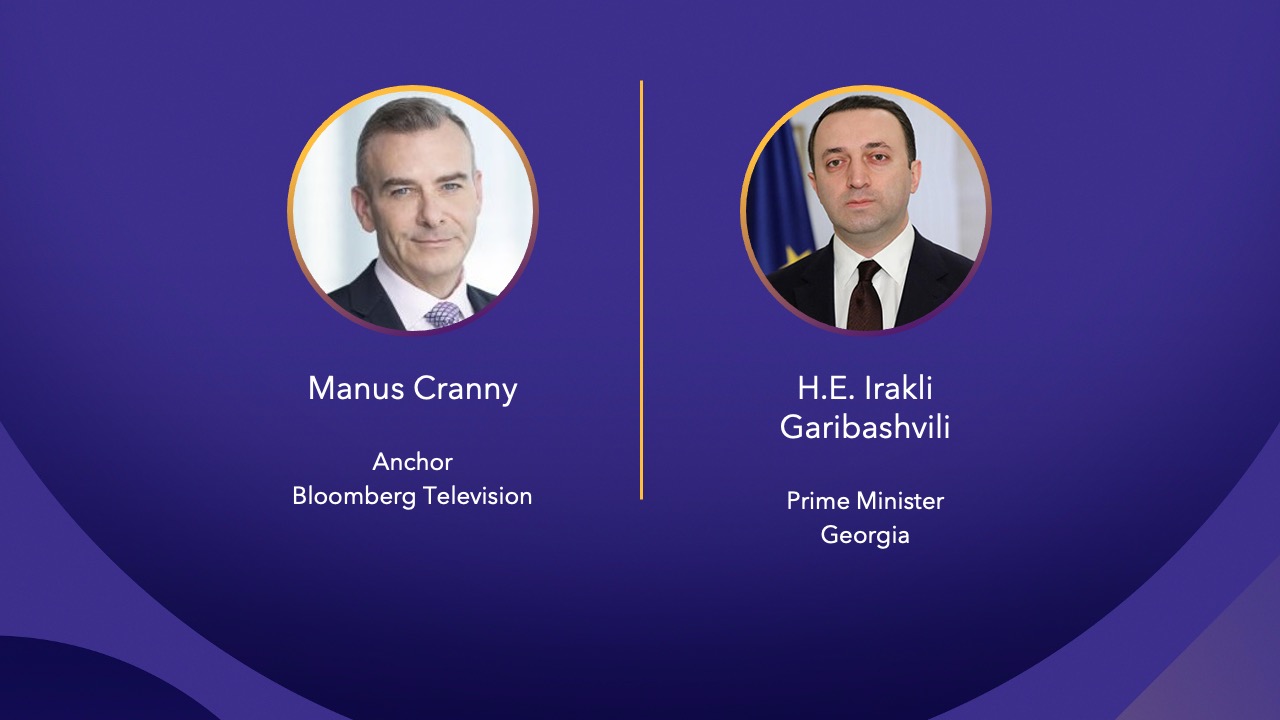

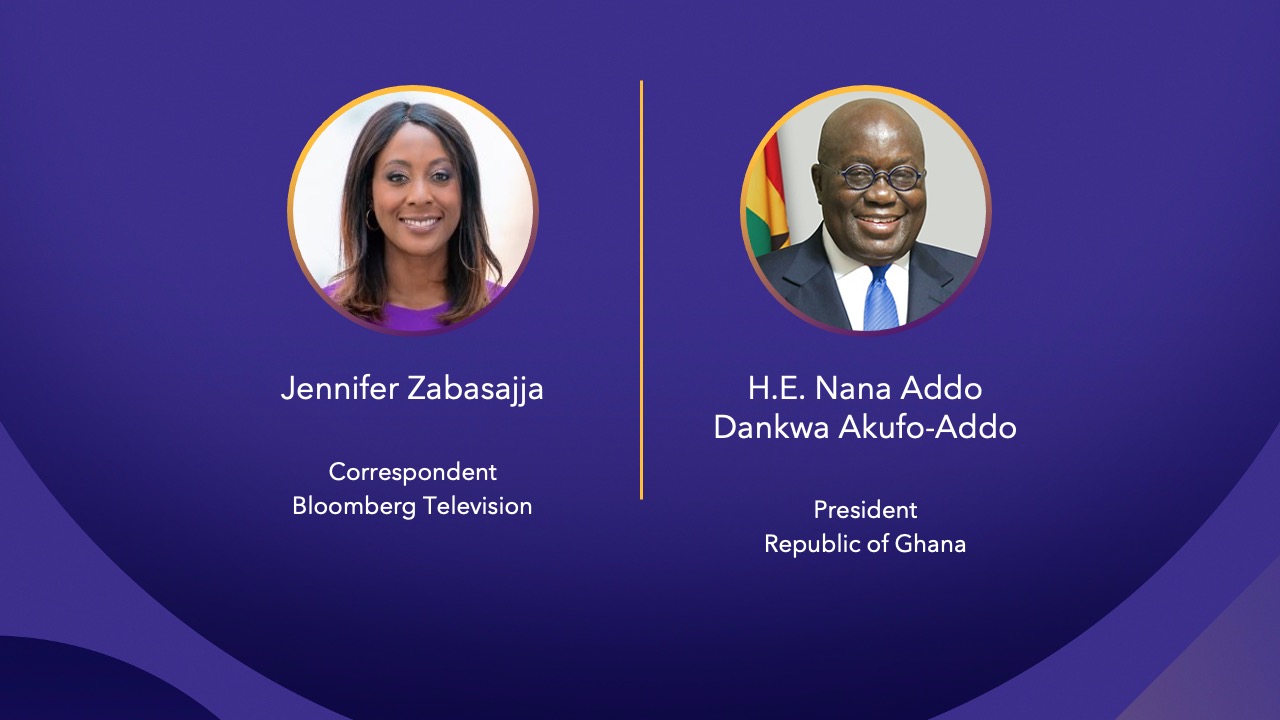

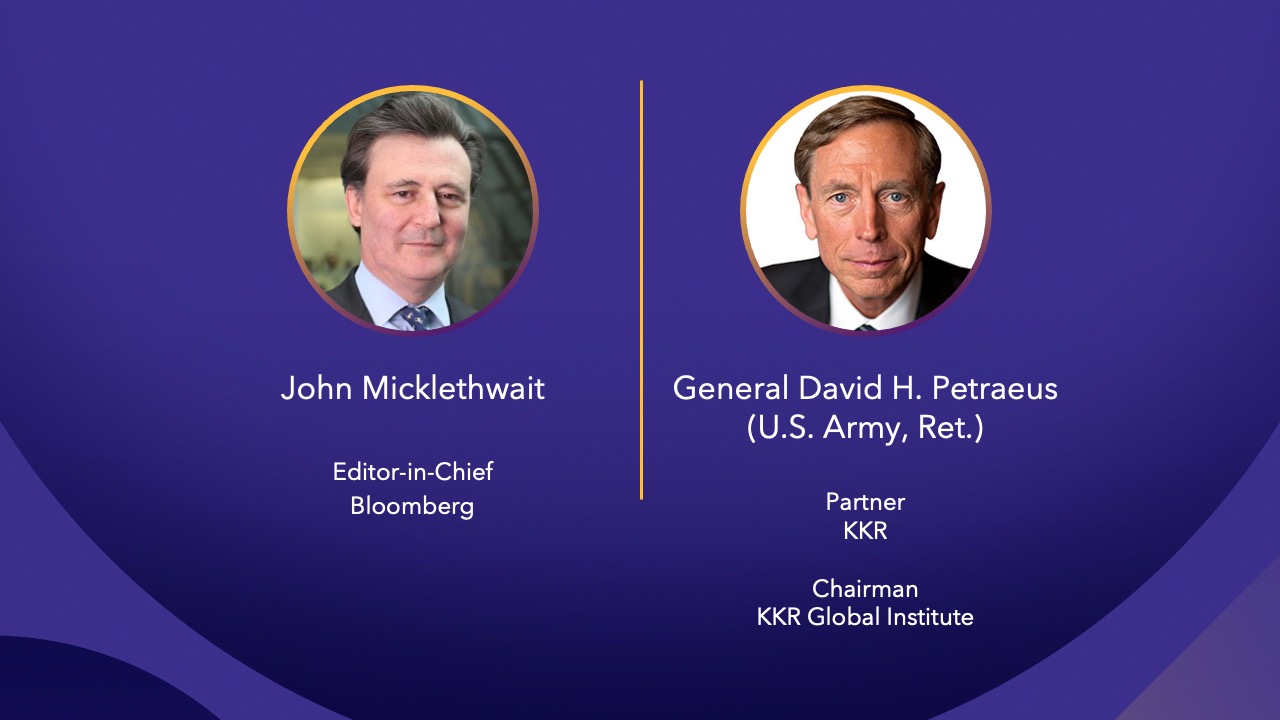
Much of the coverage of the war in Ukraine has been framed in a bipolar world—the conflict as a struggle between Russia and the West. But outside of Europe, most states have taken a more nuanced approach, one that balances satisfying one major power without offending the other. Against this backdrop, General Petraeus shares his unique insight into the latest developments in Ukraine and how we can learn to navigate a world that is not divided into black and white, but rather, into many shades of gray.

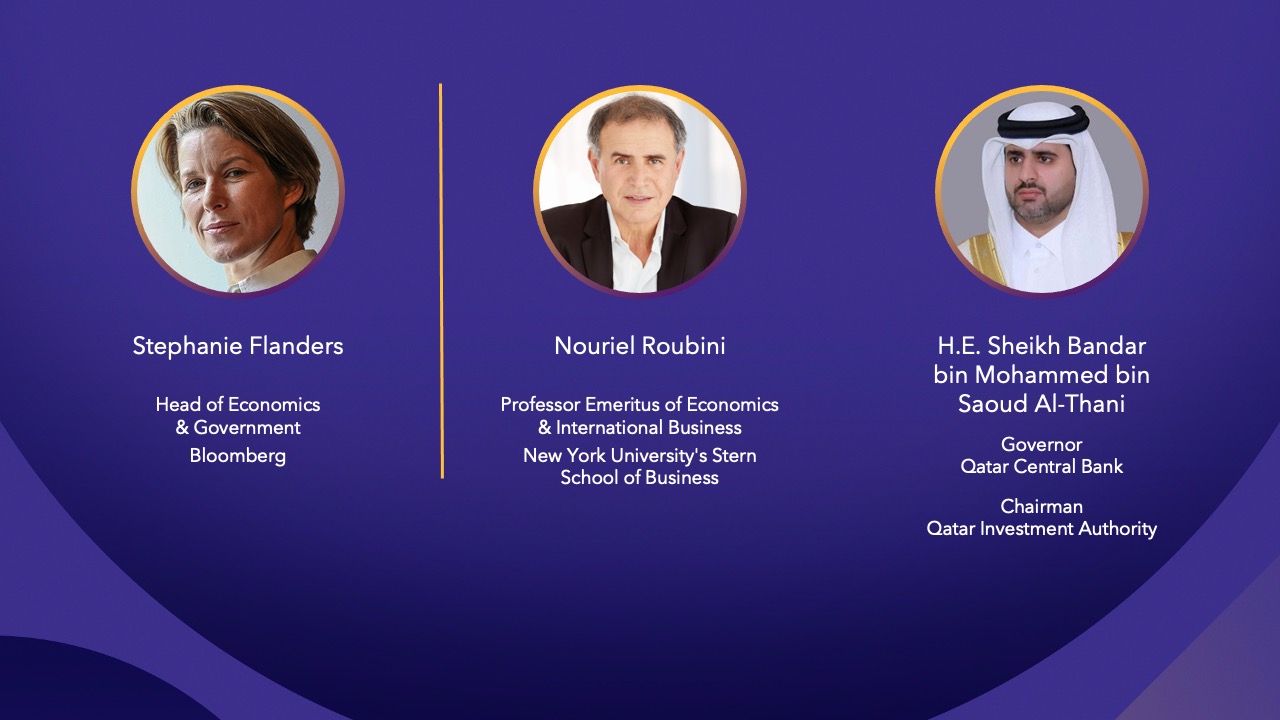
Are central banks preparing to hit the pause button on monetary tightening? Despite stubbornly high inflation, expectations of further interest rate hikes are receding as policymakers now shift to supporting economic growth. Still, elevated energy costs, workers’ wage demands and other shocks could complicate their decisions. Our experts weigh in on the worldwide battle to restore price stability.

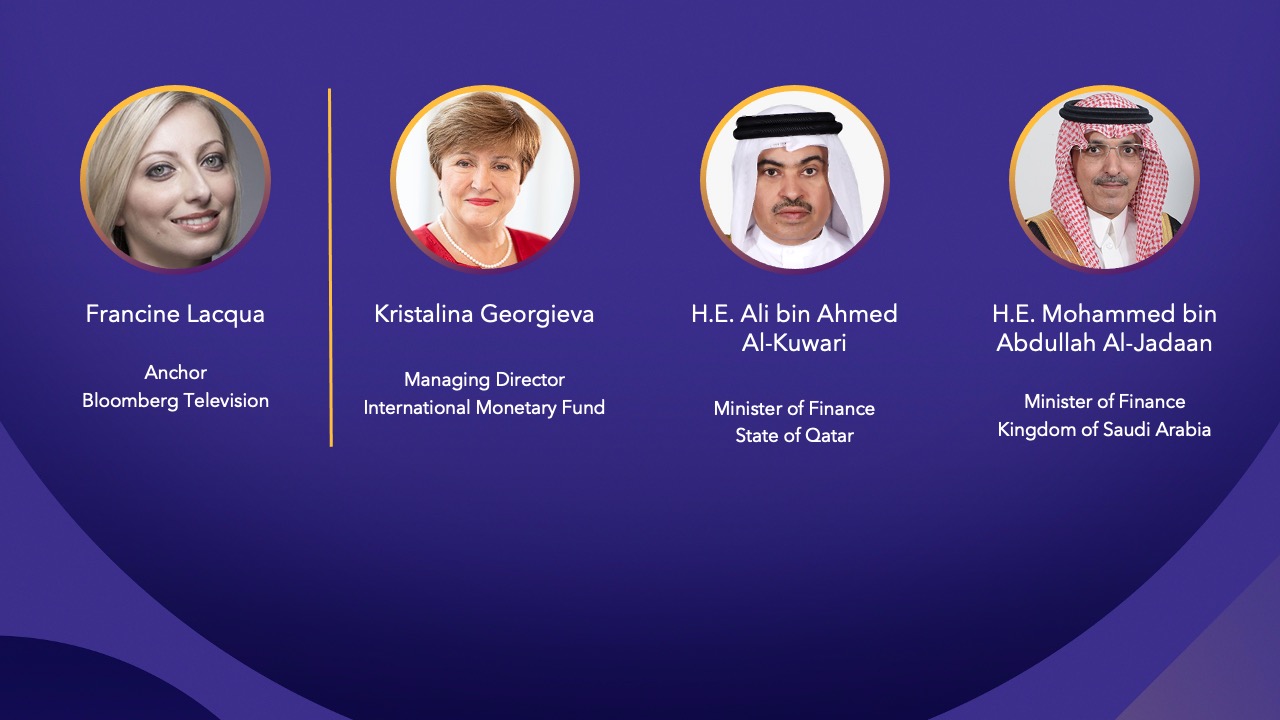
How can the Gulf nations maximize their global competitiveness in a dynamically shifting economic order? We’ll hear the latest from the leading finance ministers.

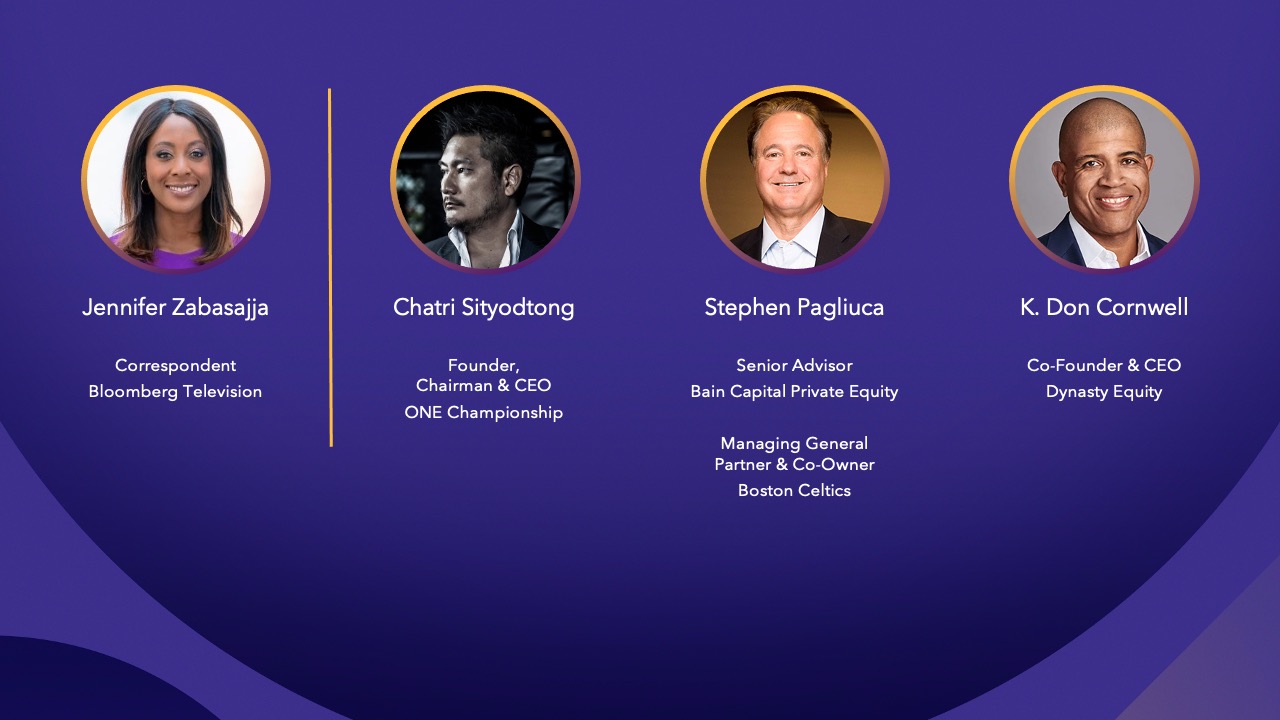
If the only thing you know about sports is who wins and who loses, you're missing the highest stakes action of all. We follow the money in the world of sports, and take you inside decisions that are powering the multibillion dollar industry.

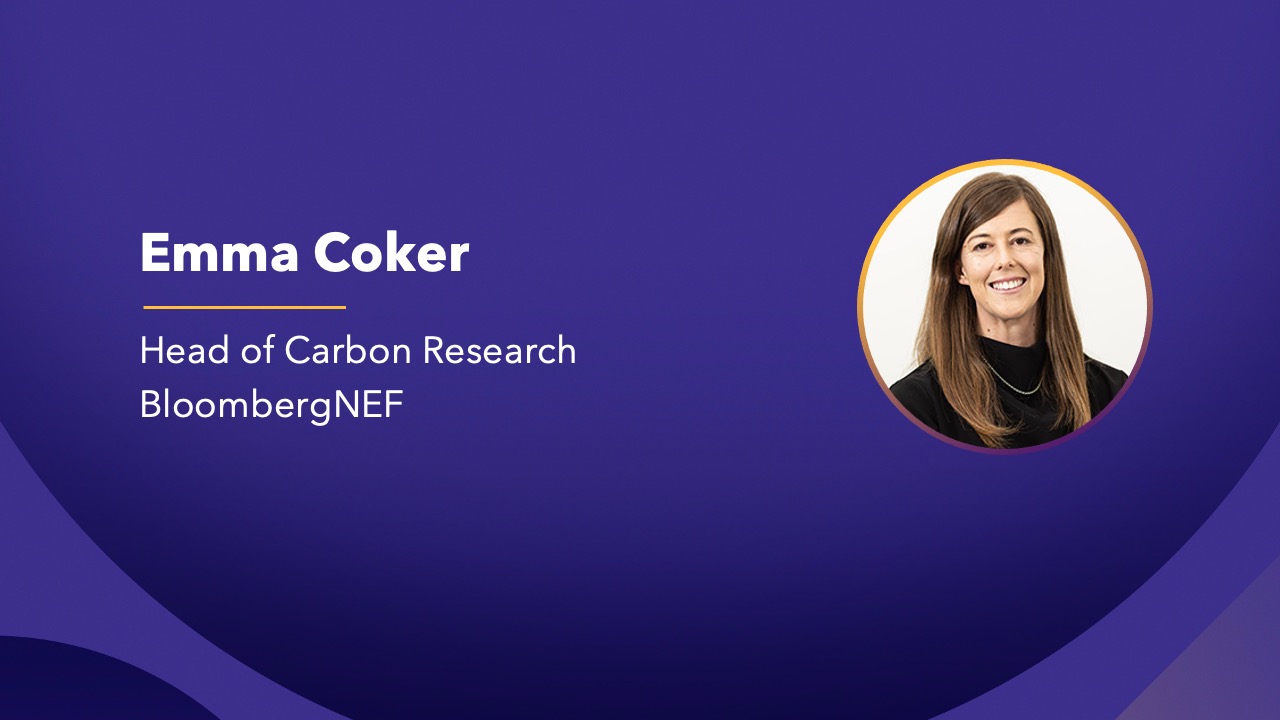
Some claim that carbon pricing can be an effective tool for reducing global carbon emissions. But could it make energy more expensive? How does this fit into a world with rising inflation? BloombergNEF forecasts the impact of carbon pricing on the economy and the energy transition.

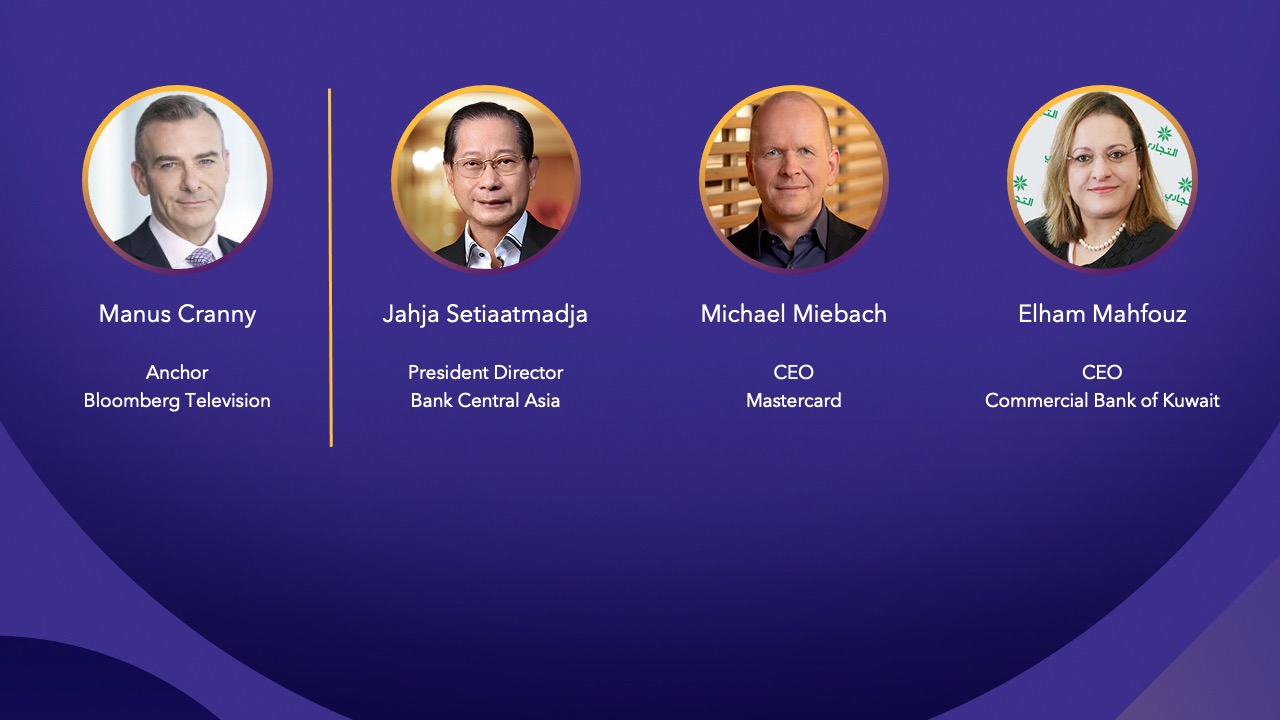
From the US Inflation Reduction Act, to the UBS/Credit Suisse merger, is the West drifting towards a form of state capitalism traditionally seen in emerging markets? In this session, we’ll discuss how this new era of global capitalism can bring success to individuals, financial institutions, governments and businesses.

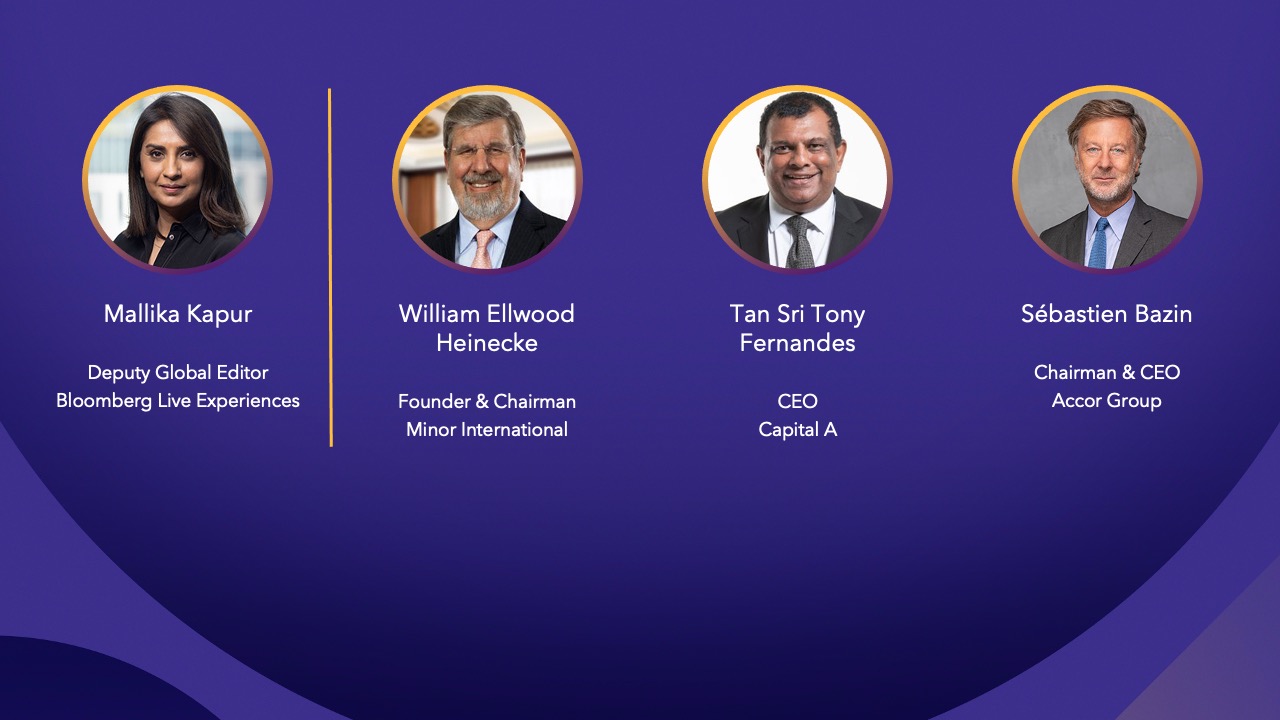
We hit the biggest travel and tourism topics head on. From dissecting the potential bump in Asia tourism numbers as China opens up, the latest update from global sustainable tourism efforts, and debating whether A.I. chatbots are the future of holiday planning.

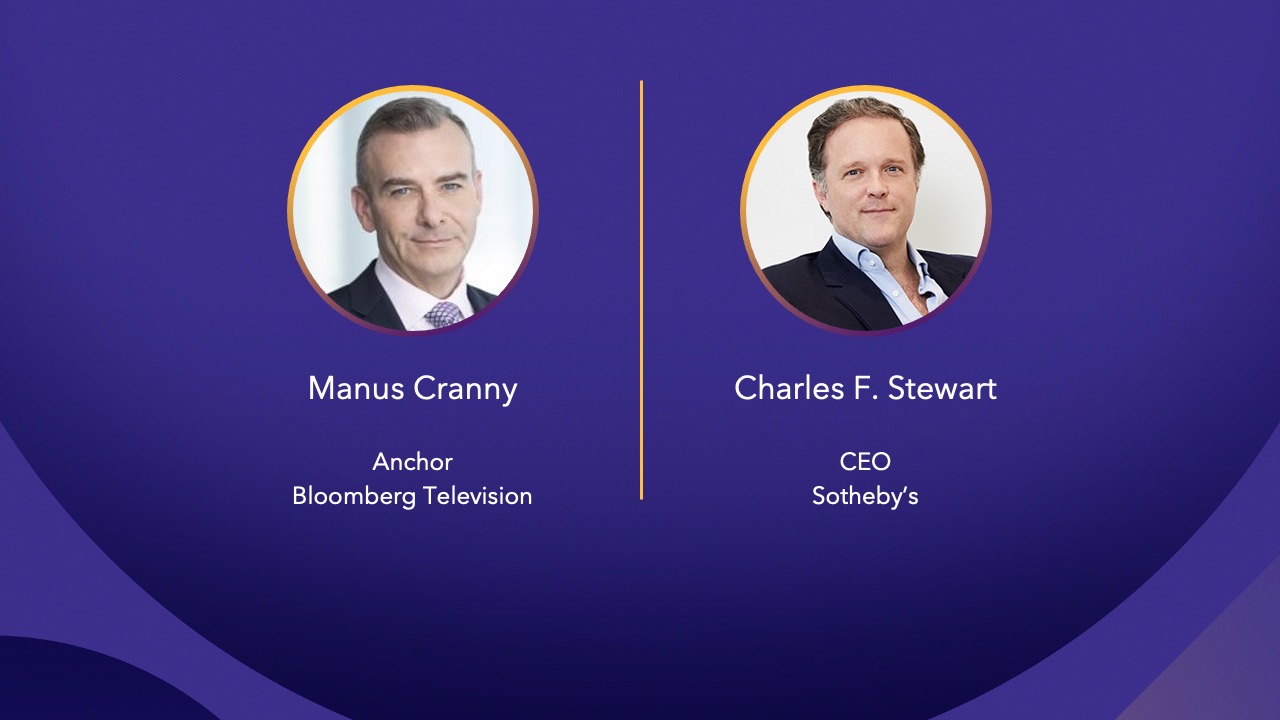
Since 1744, Sotheby’s has been helping collectors and connoisseurs discover fine art and rare objects. With demand increasing and the definition of what’s collectible changing, Sotheby’s CEO Charles F. Stewart takes us on a journey into the world of auctions and the future of valuable art and luxury.

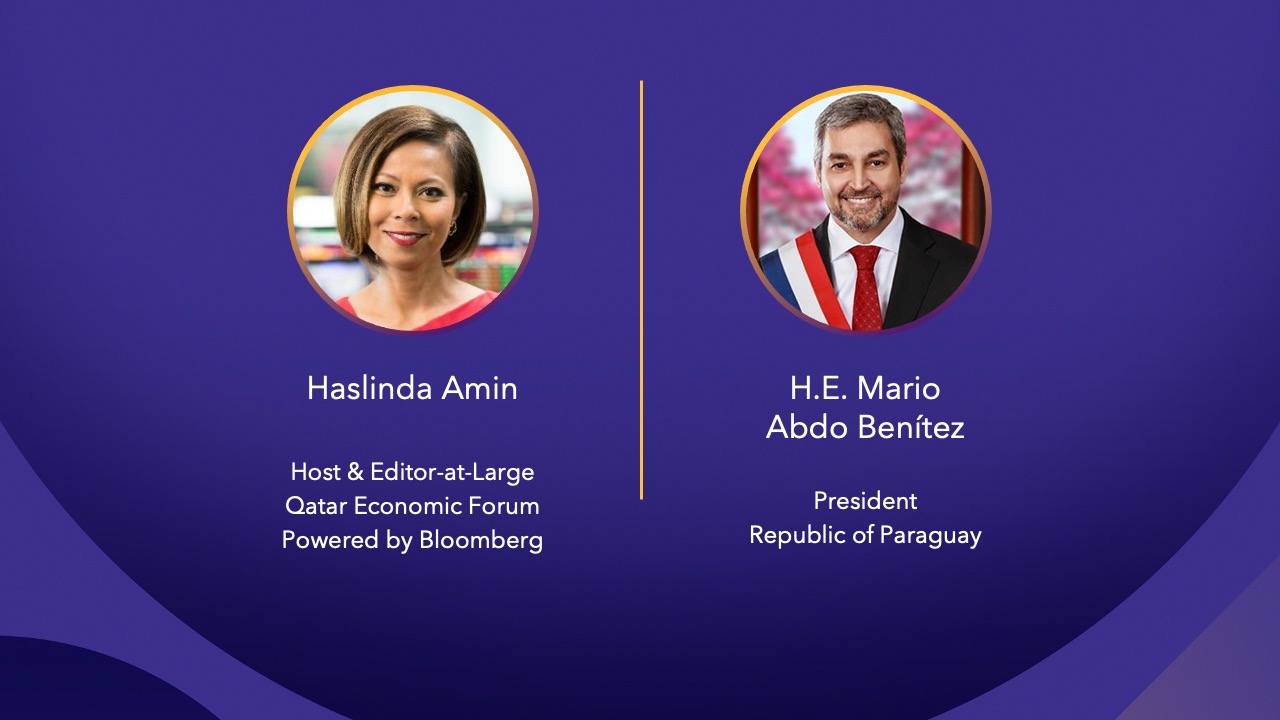

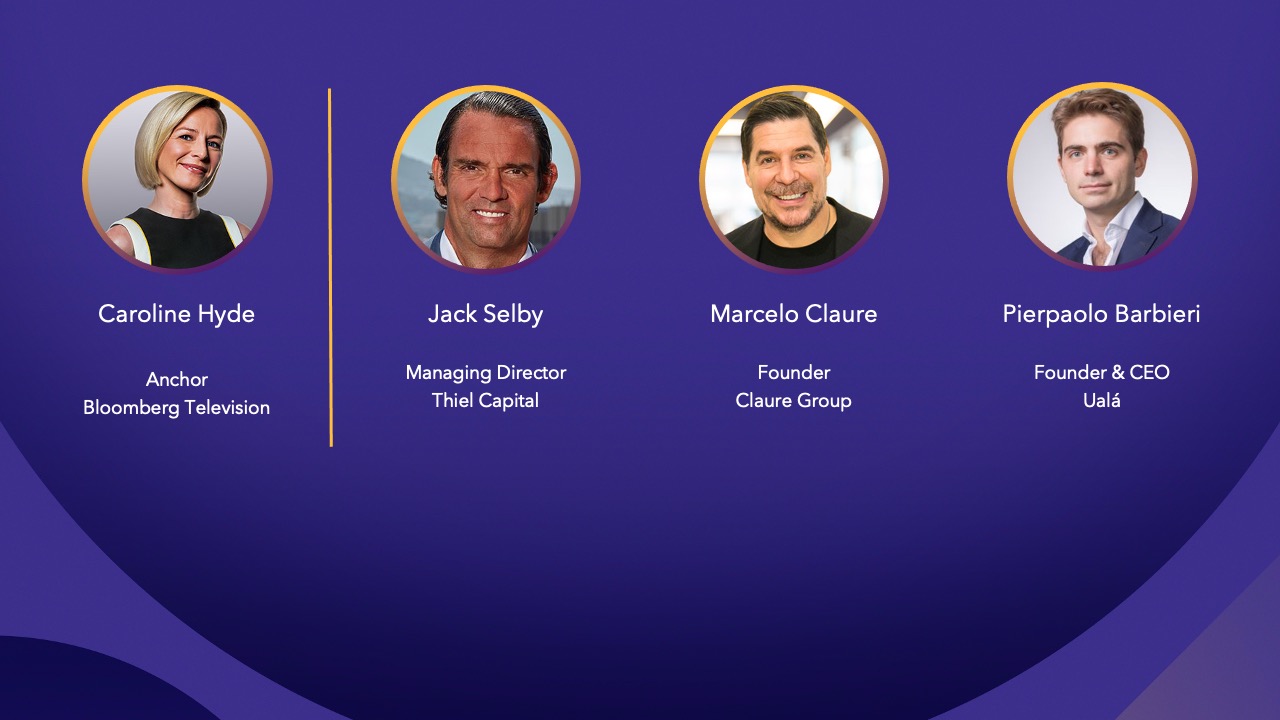
Meta CEO Mark Zuckerberg has said that the economic climate of layoffs and restructuring could last “many years.” How do you invest in technology at a time like this? Our experts tell us how and identify where the next billion dollar technology company is coming from.

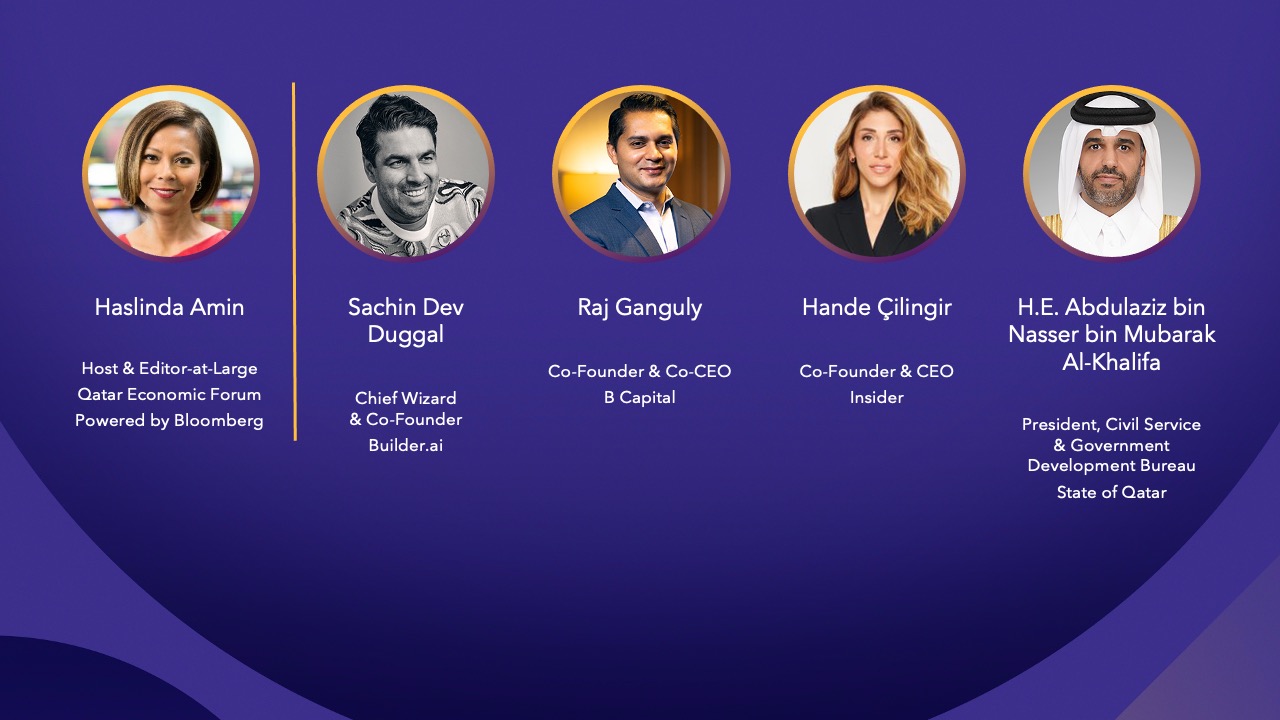
ChatGPT captured the world’s attention and imagination with the potential of artificial
intelligence. But far from a future concern, organizations have been quietly and
successfully implementing A.I. into their everyday operations for a while. We look
beyond the hype and uncover the reality for A.I. and how it is already transforming our
world.


Blockchain experts take us on a trip into the technology that is set to revolutionize everything in how we trade, work and play.


School leaders and educators have been in a state of constant adjustment over the past three years. In reaction to the Covid-19 pandemic, they developed new protocols and incorporated digital tools for remote learning. We hear from the husband and wife team behind BYJU's--a multibillion dollar education technology company--on how global education is set to evolve further.

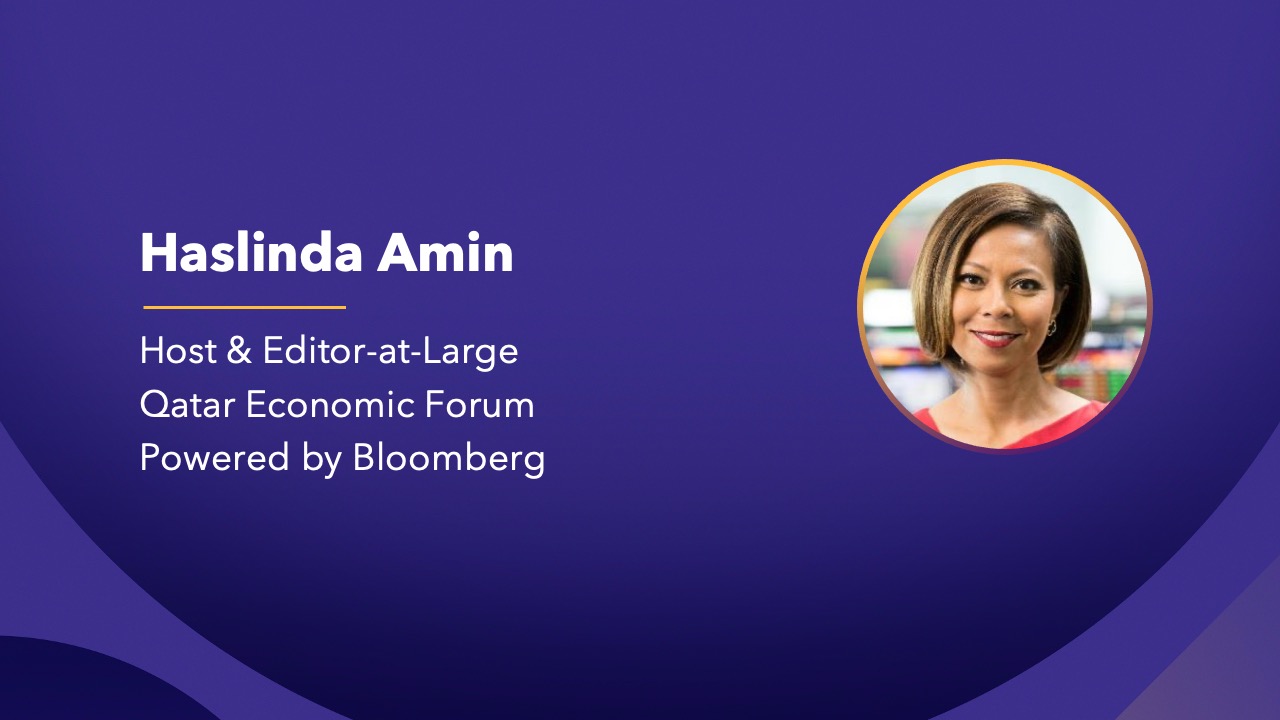
Haslinda Amin, Anchor, Bloomberg Television; Host & Editor-at-large, Qatar Economic Forum, Powered by Bloomberg

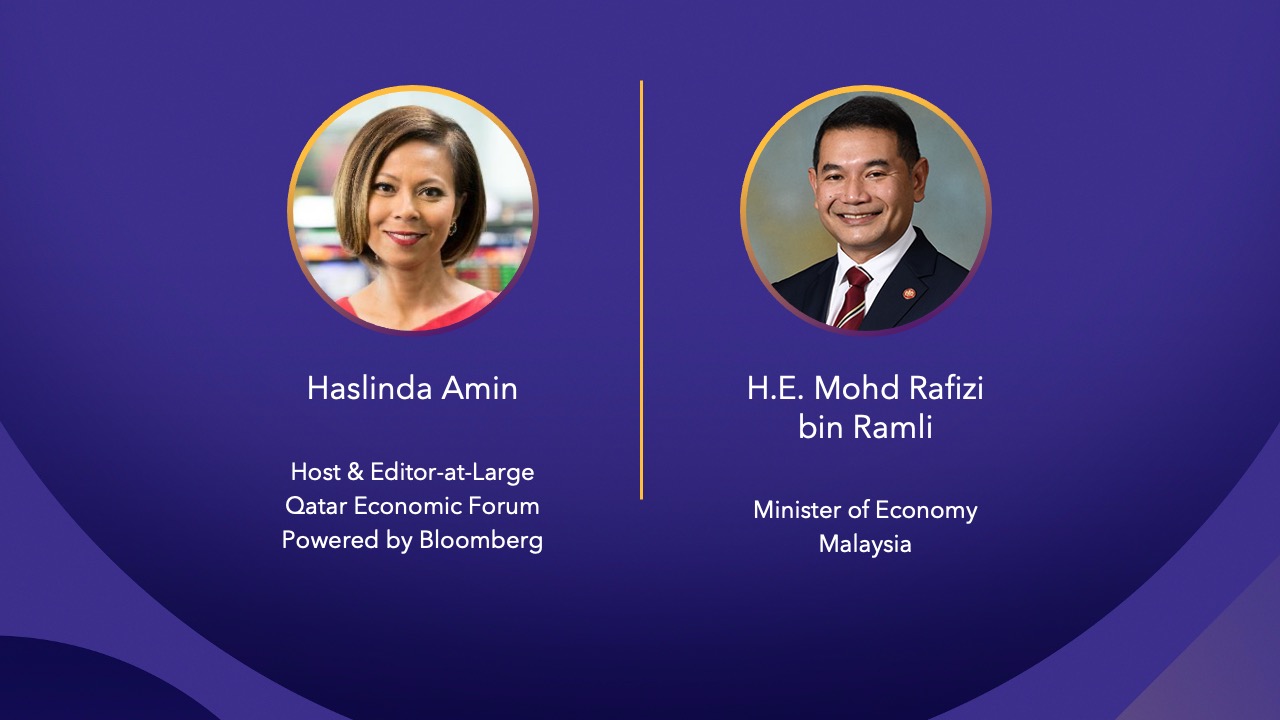
Amid a global slowdown, Malaysia is seeking to further diversify its export-oriented economy. We’ll hear how the Southeast Asian country is planning to restructure its energy sector, build a semiconductor hub and expand investment opportunities.


What’s next for crypto as an asset class? Blockchain.com CEO Peter Smith gives his cryptocurrency outlook amid an evolving regulatory landscape.

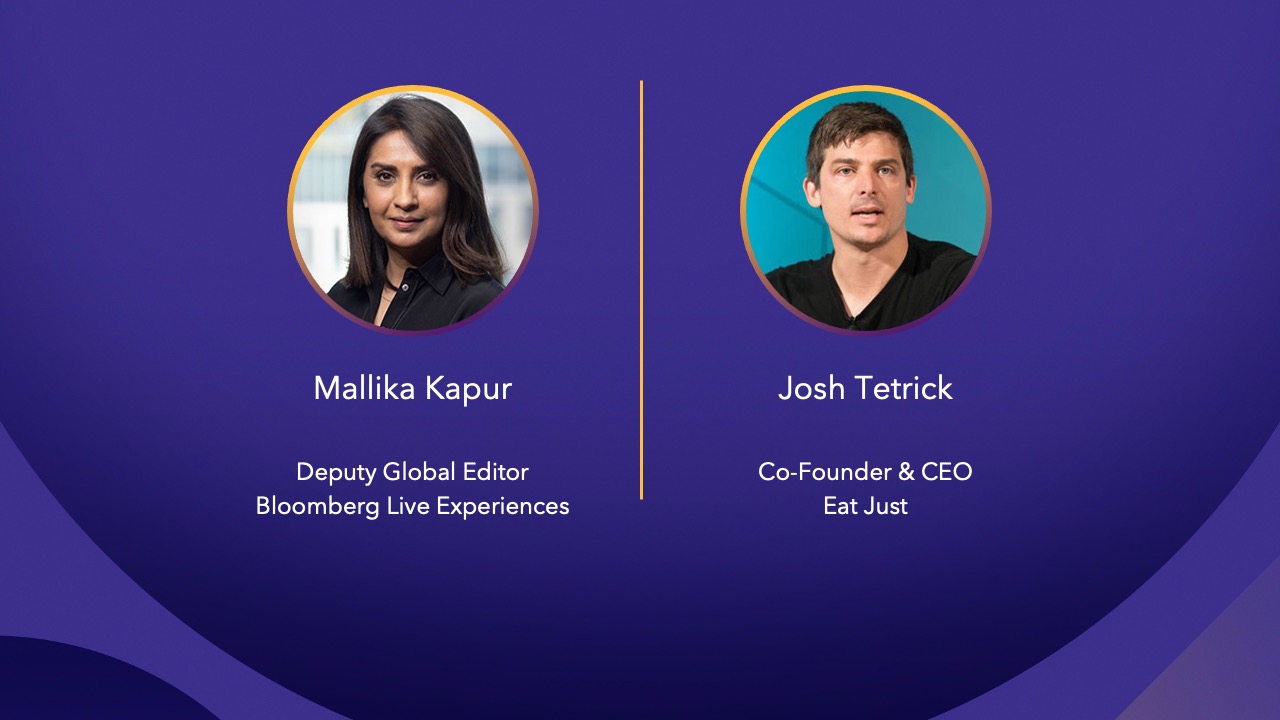
The global population could hit 9 billion by 2040. The environment simply won’t be able to handle the increased water use, land use and carbon emissions that feeding an extra billion will bring. We find out new technologies and new thinking will help us feed the world.
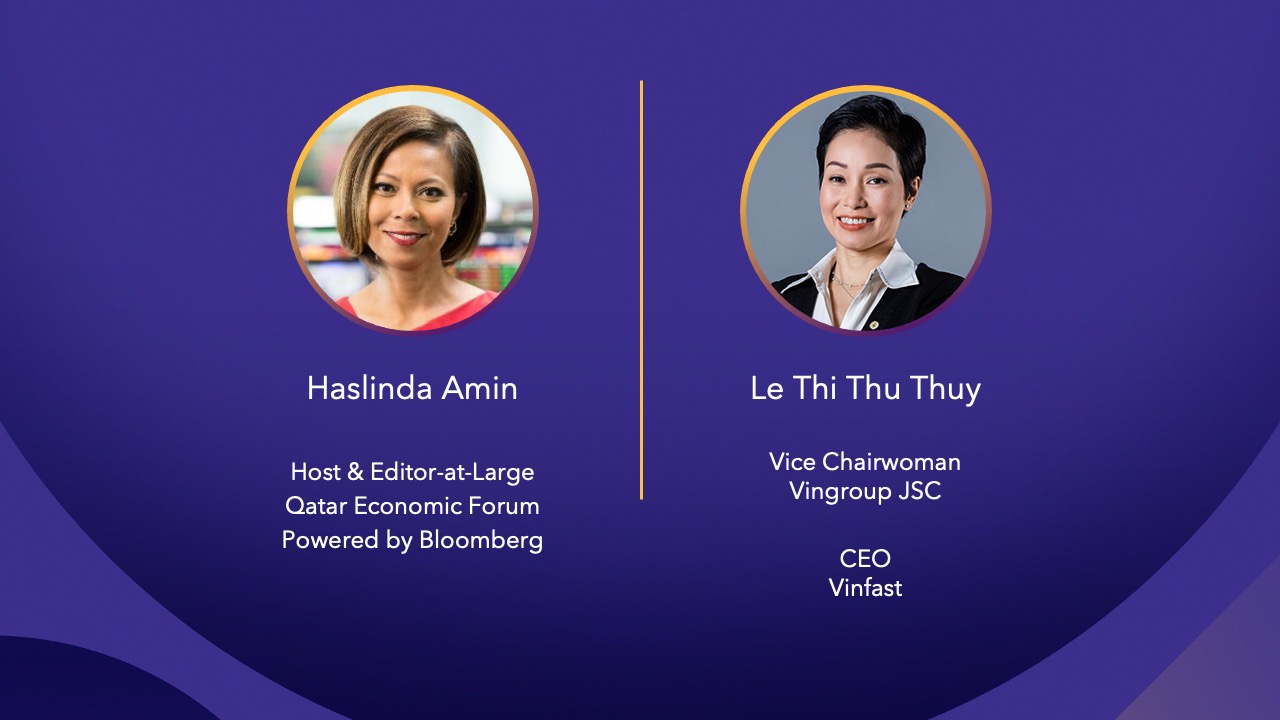
The world is under pressure to achieve net zero by 2050, and electrical vehicles will have a big part to play in reaching the target. However, the IEA estimates that an EV requires 6 times the mineral inputs of a conventional car, further straining battery supplies. We speak to the CEO of Vinfast on how the industry is balancing market share, environmental impact and clean energy goals.

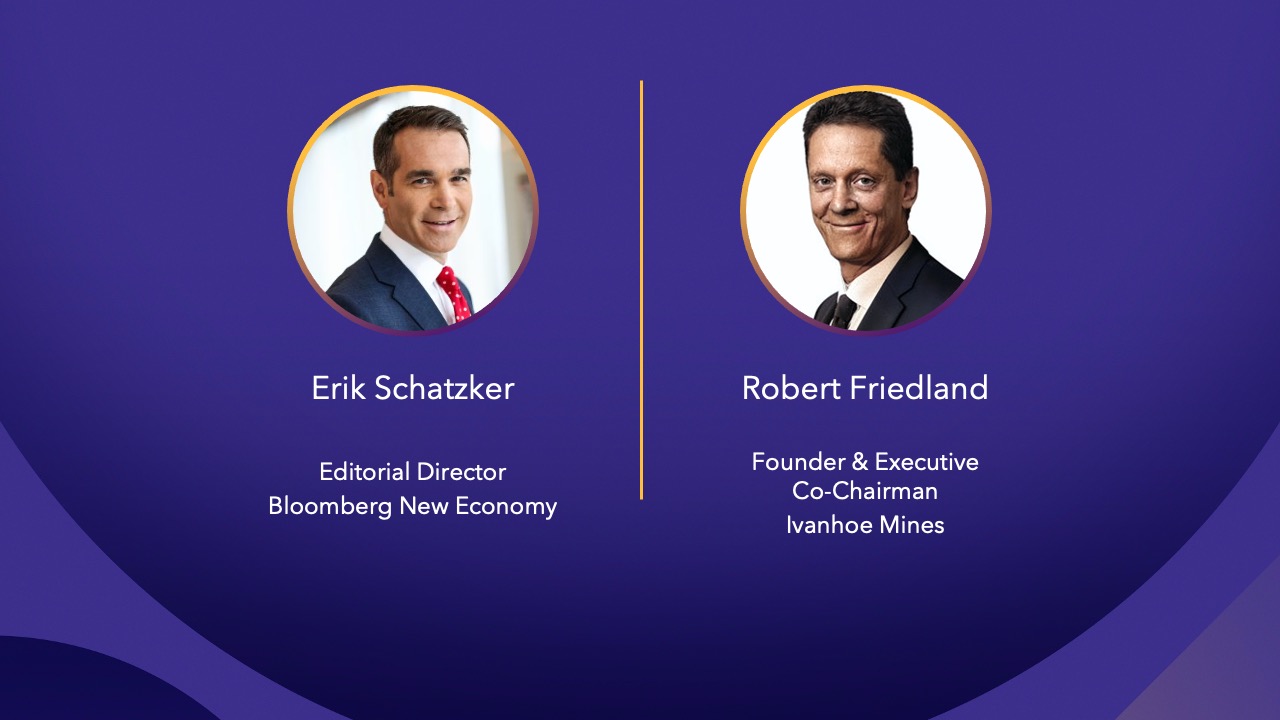
Commodity markets are roaring, stirring a debate about whether prices are headed for an extended upswing. While not all investors and analysts believe we’re living in a commodities supercycle, one thing is for certain-- an energy revolution is underway— and the changes to the commodity market are no longer cyclical, but structural. We speak to the CEO of Ivanhoe Mines on the opportunities and risks facing the mining industry.

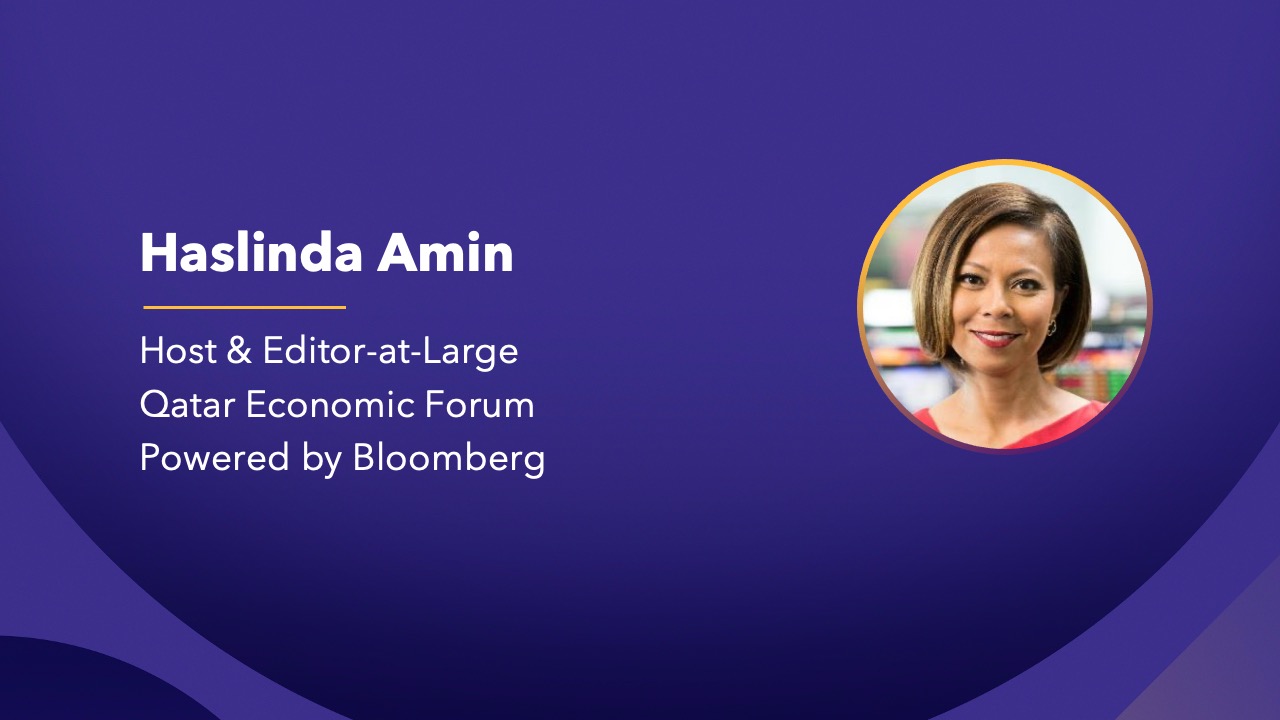
Haslinda Amin, Anchor, Bloomberg Television; Host & Editor-at-large, Qatar Economic Forum, Powered by Bloomberg


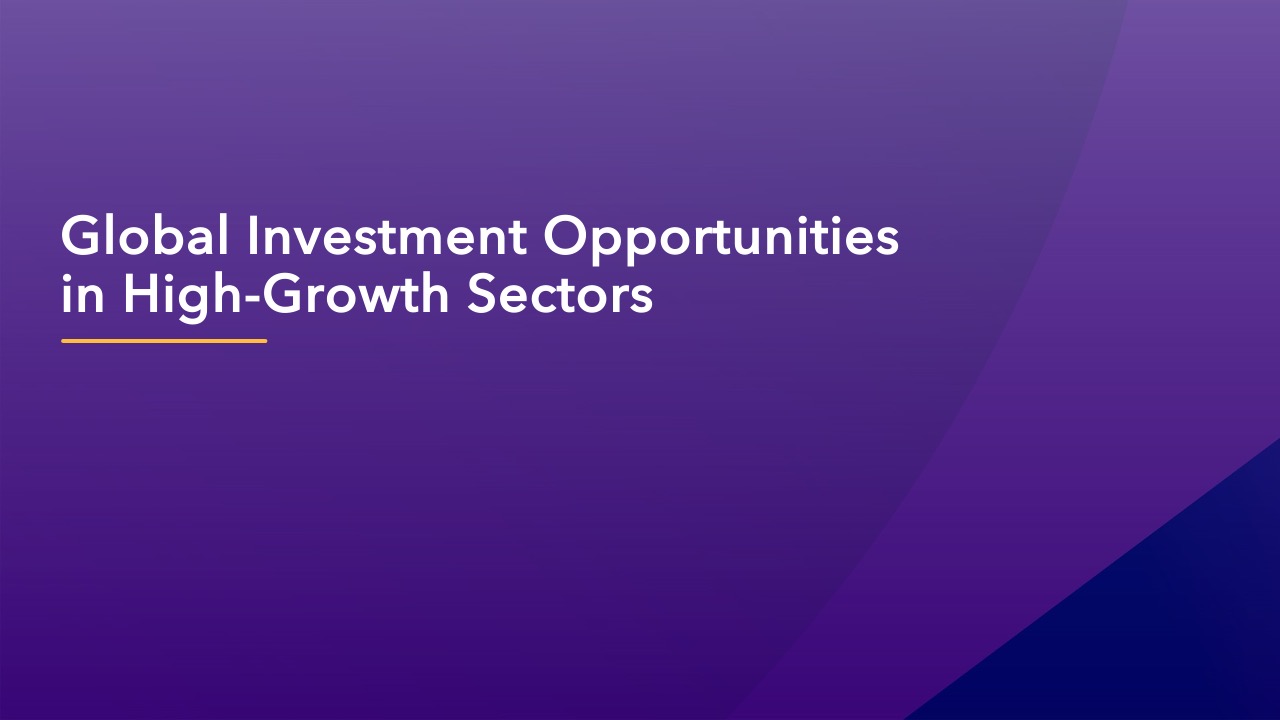
Proudly Sponsored By Qatar Investment Authority In an increasingly globalized economy, identifying and capitalizing on the right investment opportunities has become paramount for investors seeking diversification and long-term growth. This breakout will explore how investors are raising the resilience of their portfolios and navigating complexity to take advantage of opportunities in different geographic markets. It will also delve into investment in the healthcare space, to understand the role investors play and their long-term impact of their capital.

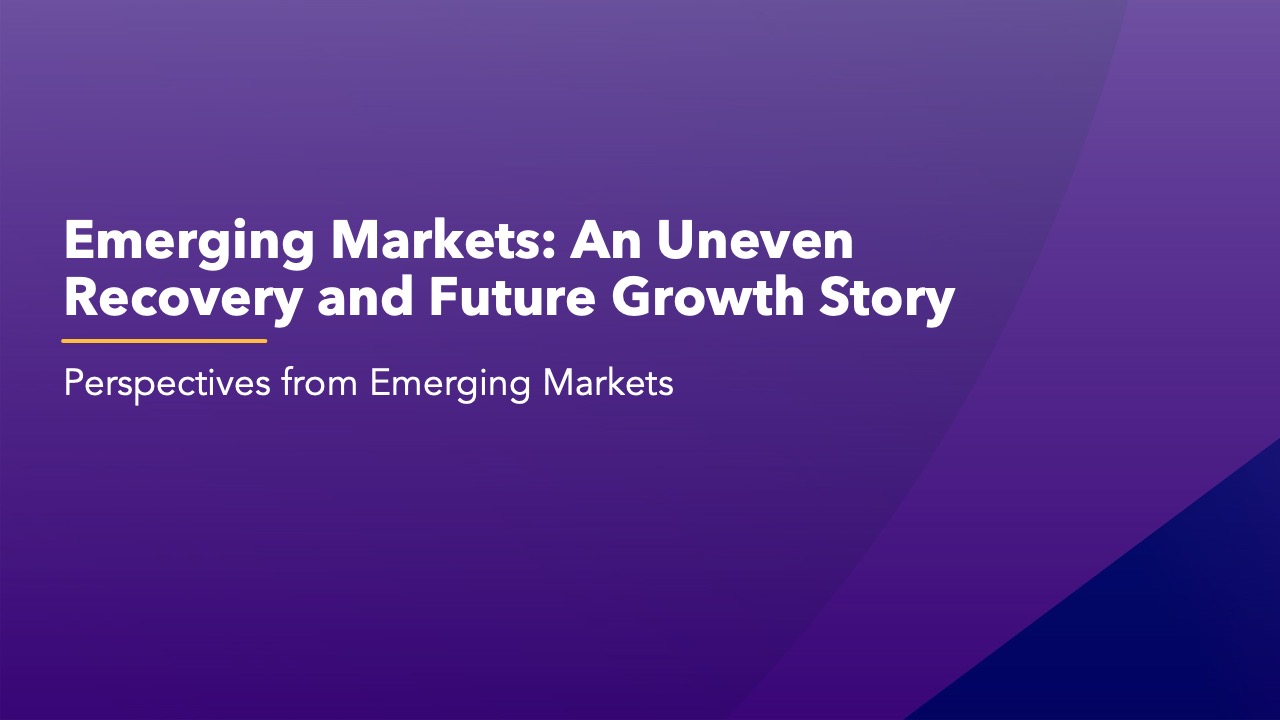
Emerging markets were not immune to the global slowdown in 2022 and now, more than ever, sit in a precarious position to secure future growth. Governments and investors are rapidly responding to potential headwinds. The bright spot is that EM markets are expected to see 4% growth compared to a global growth forecast of 1.7% but much work remains to be done. What role can banks, EM governments and sovereign wealth funds play in ensuring the world does not dip back into recession? What sectors and opportunities offer the most promise for long term growth? How do we get equity investors to reinvest gains into local economies?

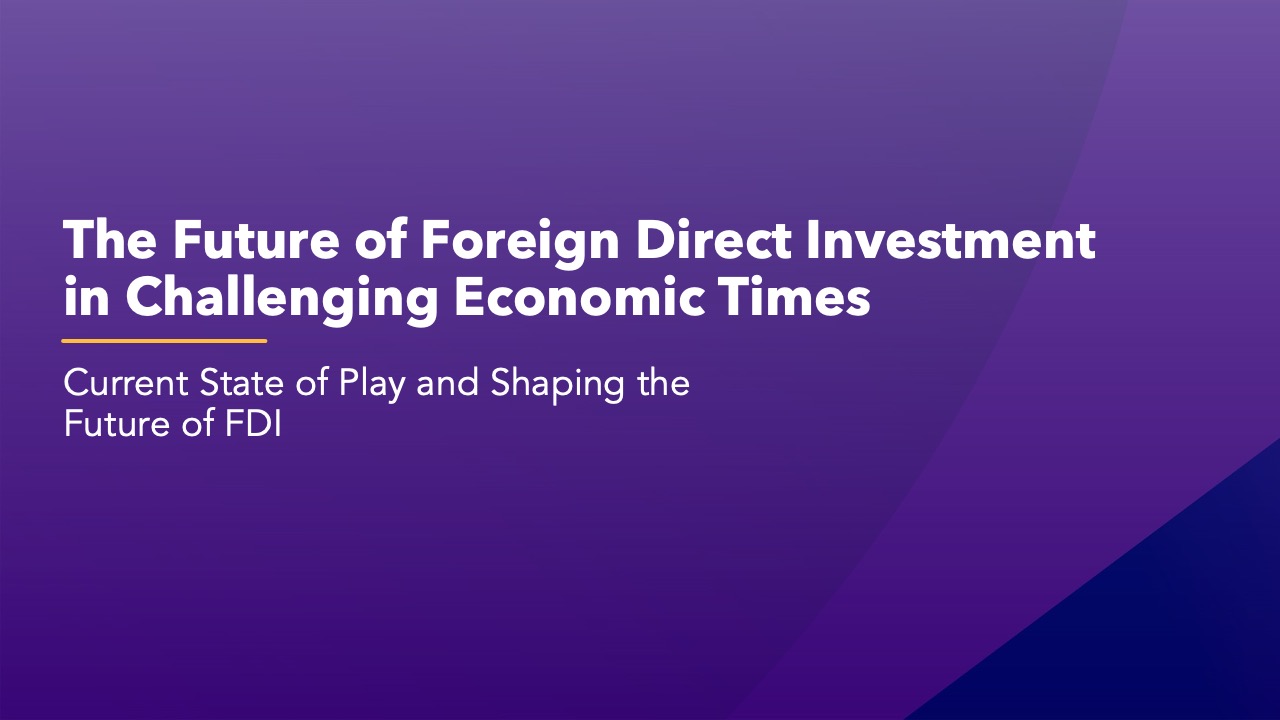
More than three years after the onset of the COVID-19 pandemic, the global economy saw the recovery peak with global growth of 2.9% in 2022 and is expected to hit 1.7% in 2023. While the economic recovery rebounded robustly coming out of the pandemic, inflation prompted central banks to rapidly raise rates to stem inflation, nudging us closer to a recession. Is the threat of a global slowdown just a blip on the radar or has it fundamentally changed business decision-making and the flow and volume of FDI around the globe? What does the future of foreign direct investment look like in the current economic environment?

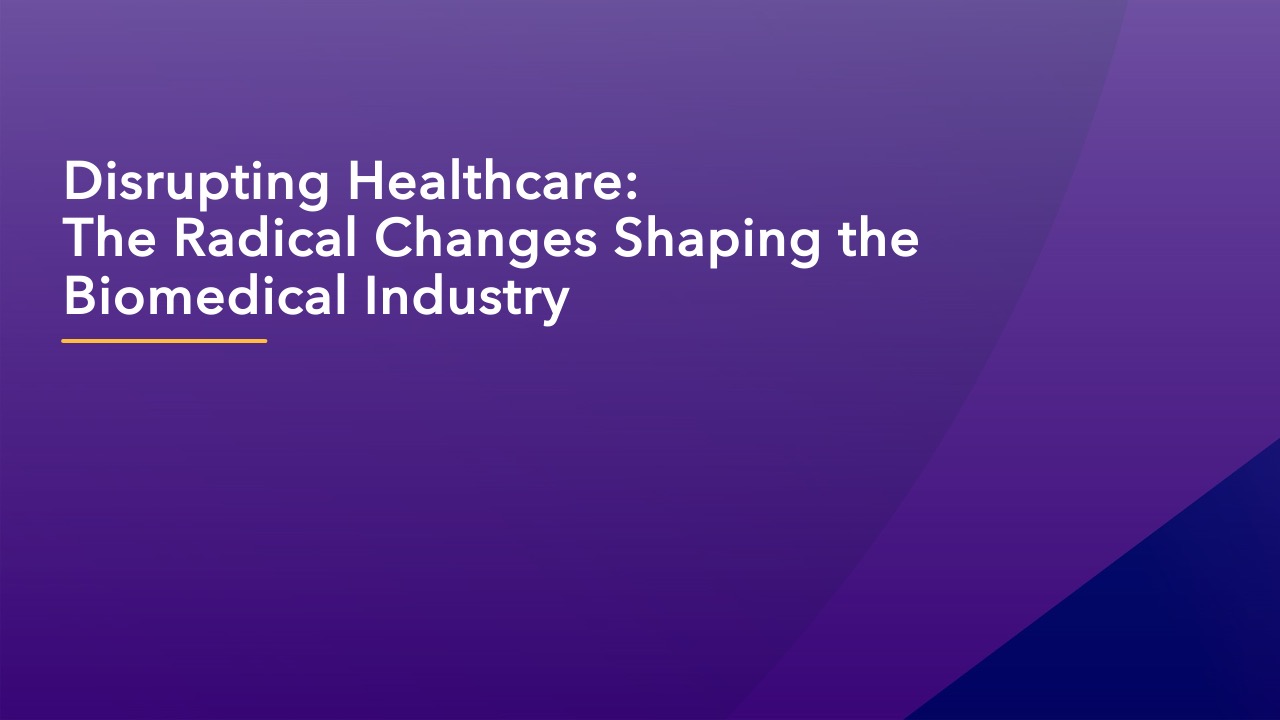
The biomedical industry is undergoing a radical transformation, driven by advancements in technology, changes in healthcare policy, and shifting patient preferences. From digital health platforms to personalized medicine and gene therapies, the industry is evolving at an unprecedented pace. How are these disruptive changes shaping the biomedical industry and what impact are they having on healthcare?

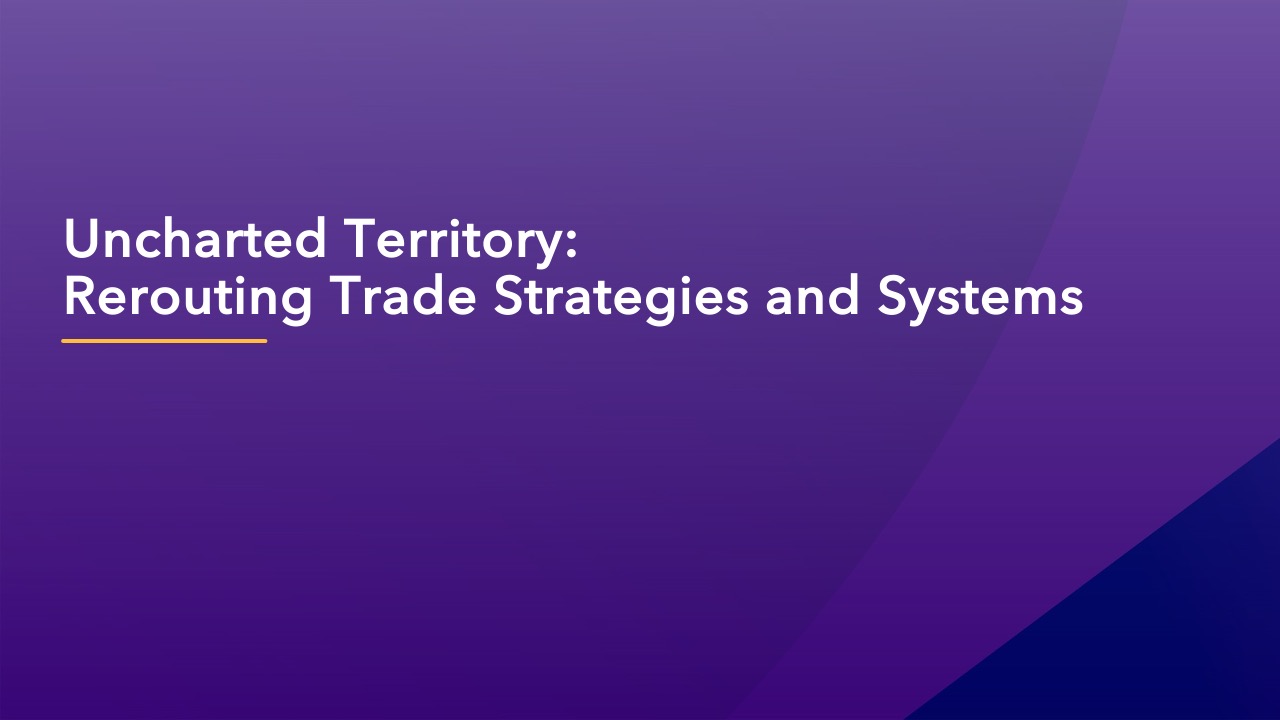
Russia’s war with Ukraine, the US-China trade war, and the pandemic have fundamentally changed the ways we trade across borders—disrupting supply chains, altering sourcing strategies, and shifting production. This tumultuous time has rocked the global market, and multinational companies have had to adapt to a new world order. What strategies are companies and countries using to manage and mitigate economic and geopolitical risks? How can companies build resilience into their supply chains? What are the longer-term implications of recent experiences for the future of global trade?

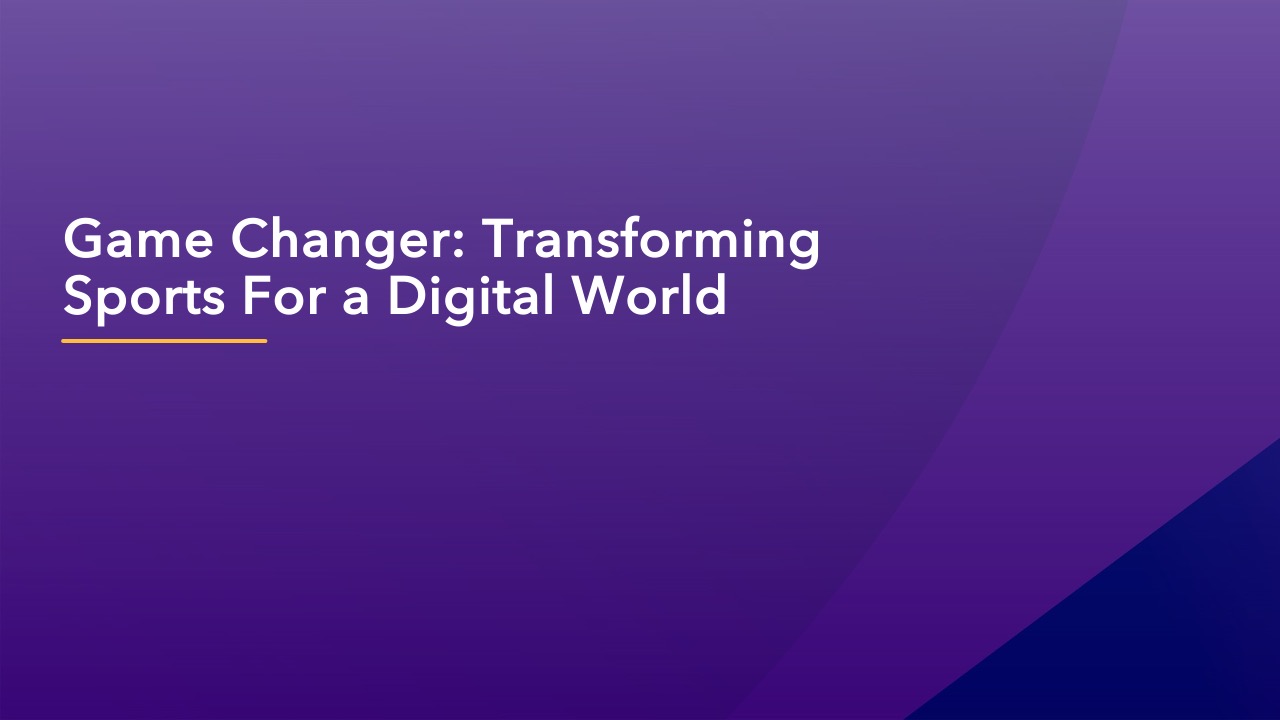
Functional use of technology in global sports made headway in 2022, transforming the way sports are played and experienced. It has also paved the way for the rapid rise of esports and gaming as entertainment forms that are mobilizing growing levels of investment and global following. This year, technology will continue to bridge physical and digital sports and experiences. Esports, AI, Fan Tokens, cloud gaming, and other digital innovations are introducing new revenue streams as investors partner with sports organizations and game studios to provide immersive sports experiences for fans and reach newer and varied audiences. What impact will the integration of technology into the sports industry have on fan engagement and revenue generation moving forward?

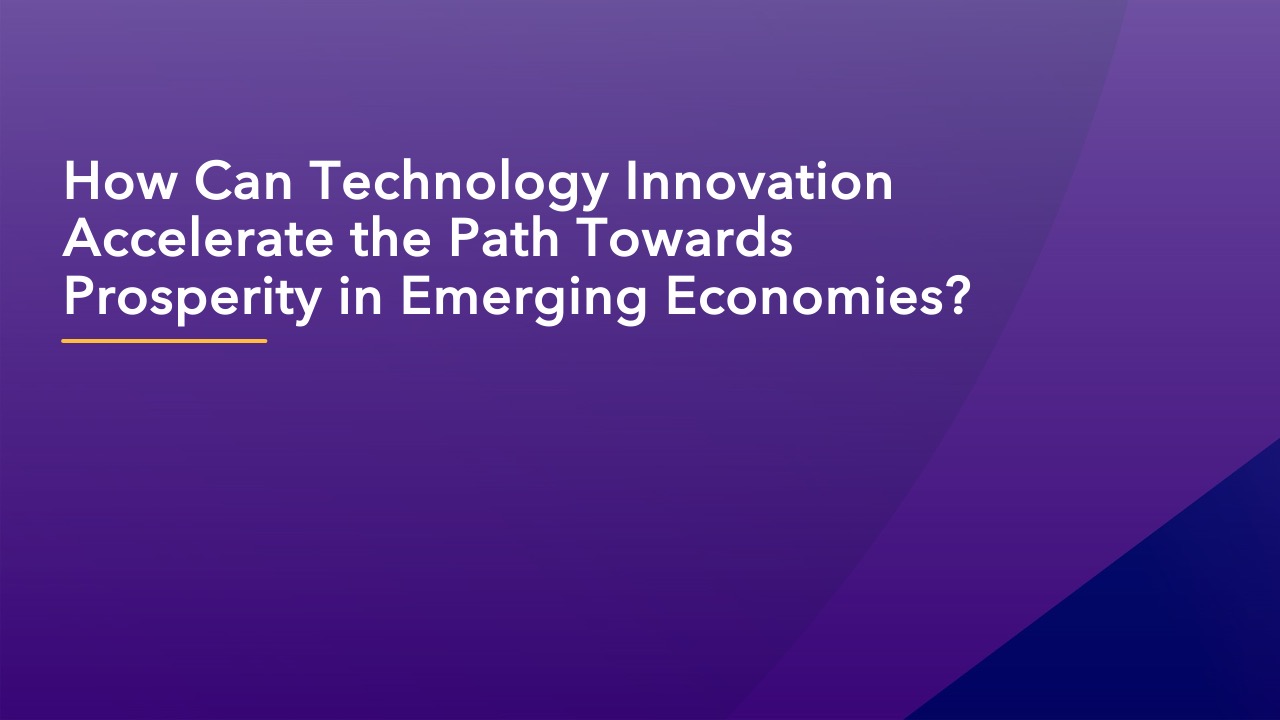
Many recent studies have highlighted how innovation - particularly market-creating innovation led by local entrepreneurs - can significantly accelerate economic development in emerging economies. Building and scaling life-enhancing products and services accessible to broader segments of the global community require constant and proper exploitation of new technologies to make such products and services affordable, accessible, and valuable. Advancements in emerging technologies, such as AI, blockchain, and IoT, can transform how these products and services are built and deployed to solve consumer and infrastructure problems in developing countries. How can governments, industry leaders, and development agencies collaborate to create an environment of innovation in emerging markets which would support economic development by bringing life-enhancing products and services to market?
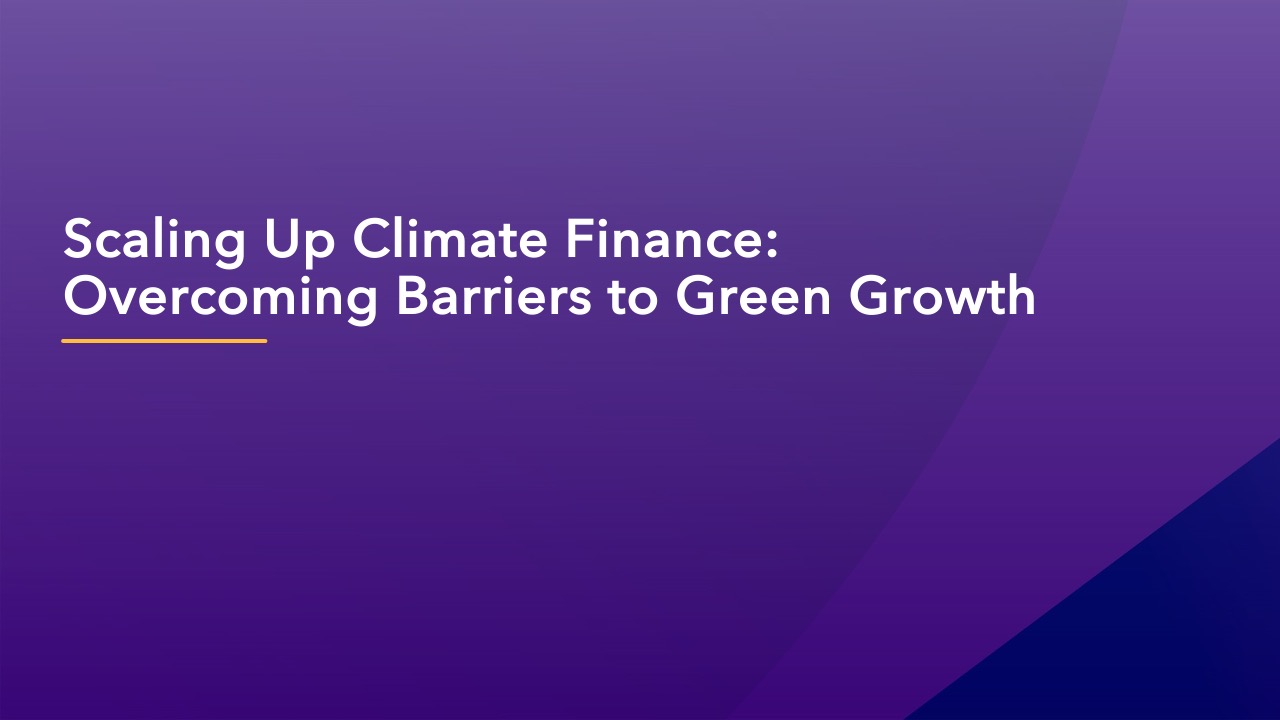
The quickened pace of climate change is pushing countries, multilateral institutions, and companies to rethink climate finance models and energy transition strategies, but developing countries are bearing the biggest brunt of climate effects with damages from climate change costing them an estimated $227 billion in 2022 alone. Talks at last year’s COP27 and discussion of PM Mia Mottley’s Bridgetown Agenda showed renewed promise for a solution that could address these losses through its newly established financial support structure – if multilateral banks reform and donor commitments materialize. How can climate finance from public, private, and other innovative sources be scaled up? What reforms and commitments are needed to support green growth across the globe?

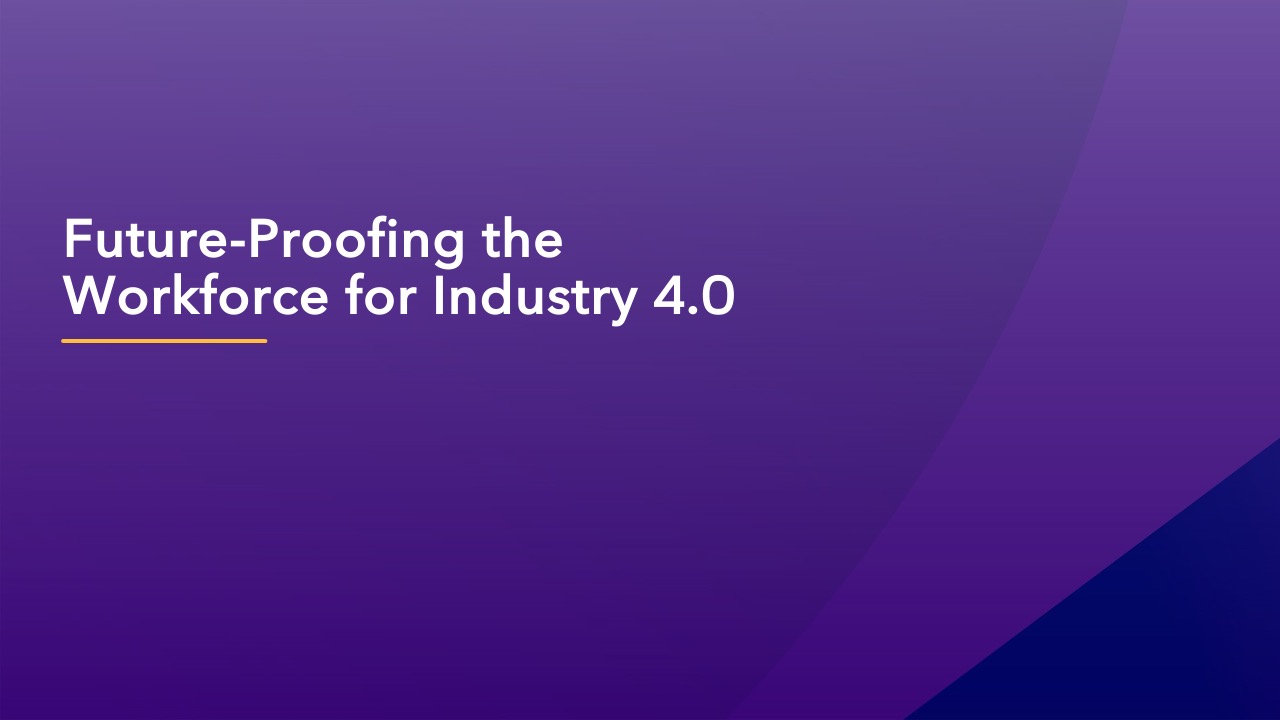
Technological advancements, such as AI and machine learning, robotics and automation, blockchain, and IoT, are rapidly changing the world of work, transforming or replacing many traditional jobs. This seismic shift requires a rethinking of traditional education systems to keep pace with the workforce of tomorrow. But the digital divide and persistent demand for creative and cultural skills are pushing many countries and companies around the globe to take a hard look at the economic potential of the Orange Economy as a legitimate contributor to GDP, renewing focus on investing in education systems and upskilling that target the creative sector. What education systems are leading the way to provide technical and creative skills that will fuel growth? How can we best prepare workers and students for success in the jobs of tomorrow?

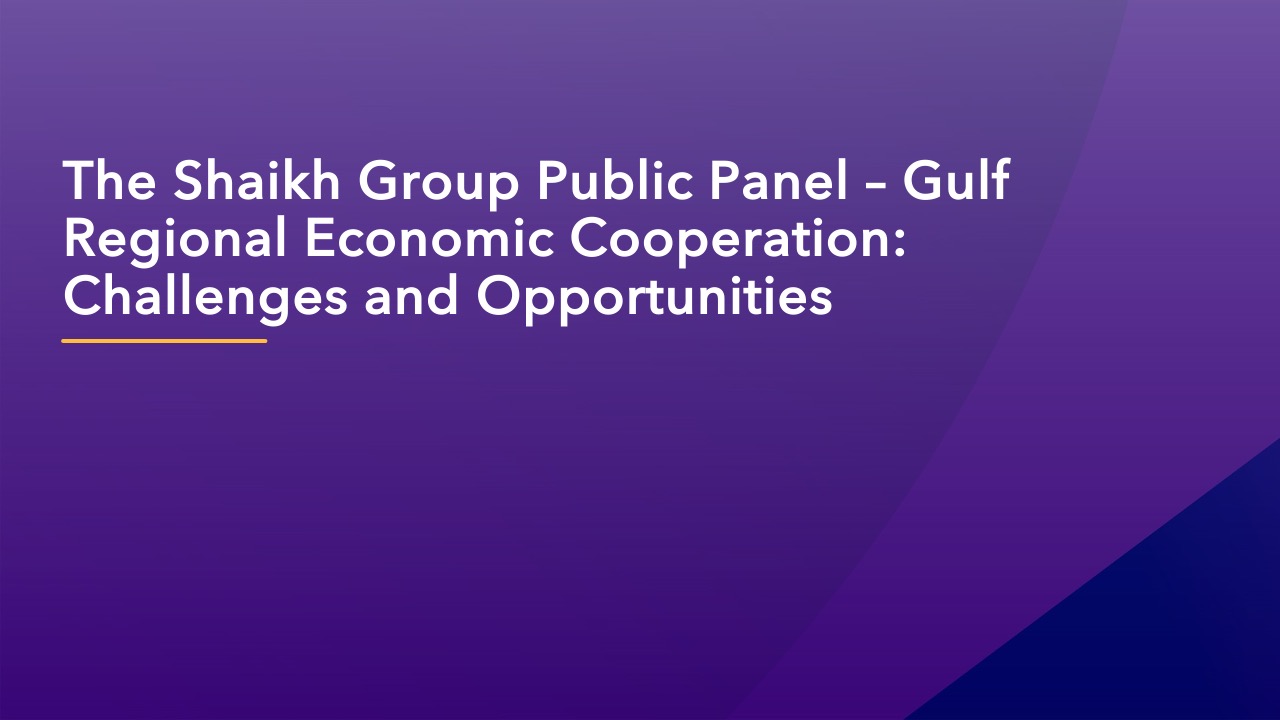
Over the past few years there has been a clear shift towards greater regional dialogue and de-escalation in the Middle East. These shifting geopolitical trends have altered regional cross-border trade and investment flows with signs of increased cooperation and growing ties. Further economic cooperation and connectivity may act as a pathway to mutual regional security. What are the challenges and opportunities for greater economic cooperation among regional actors? How can regional-led initiatives be supported and integrated into the global economy? How will changing regional relations affect the dynamic of regional economies on the global stage?
